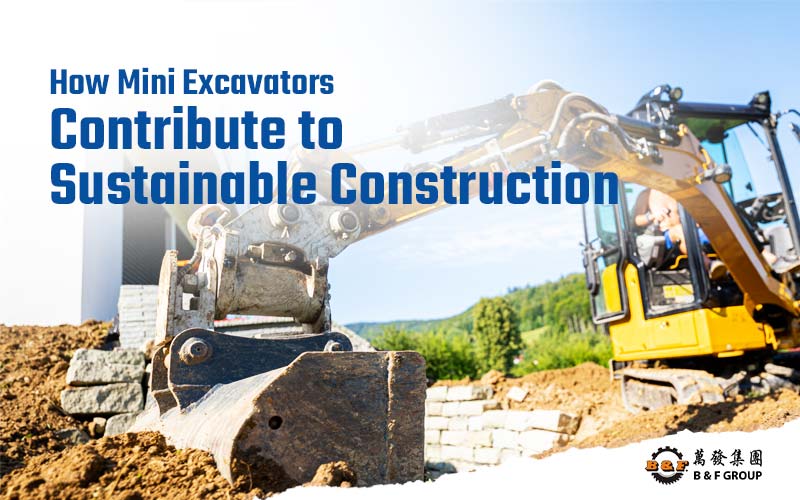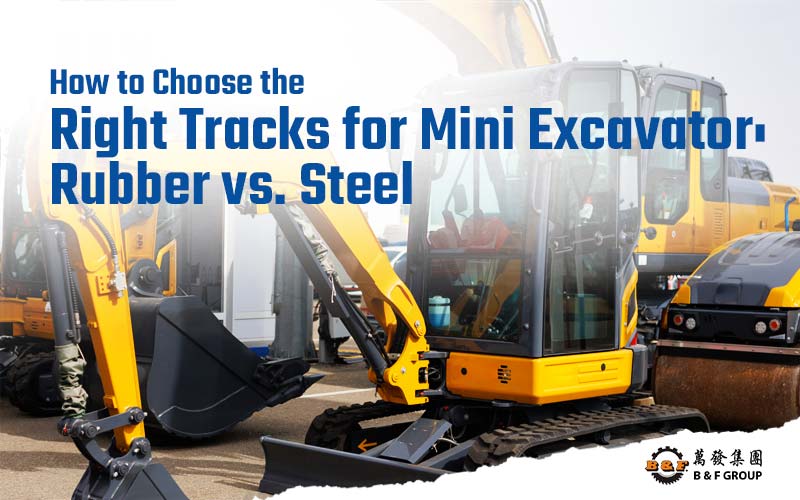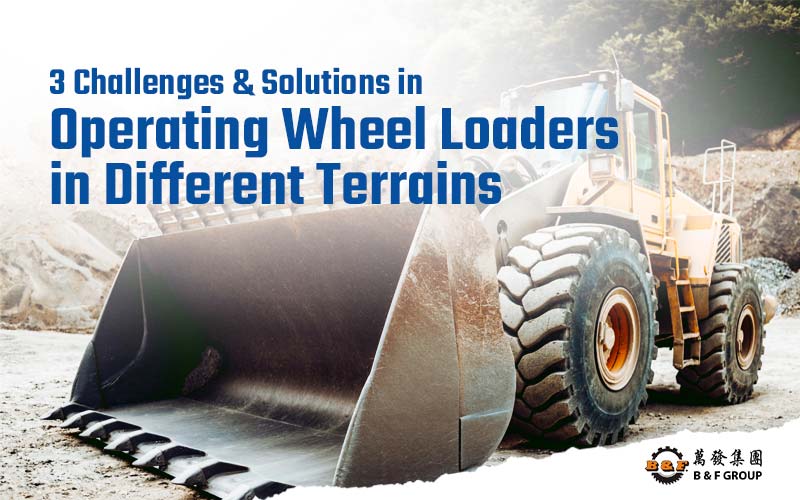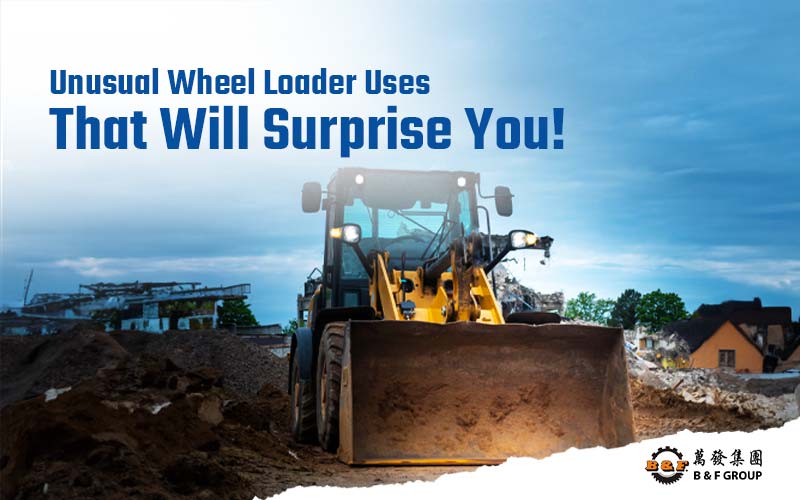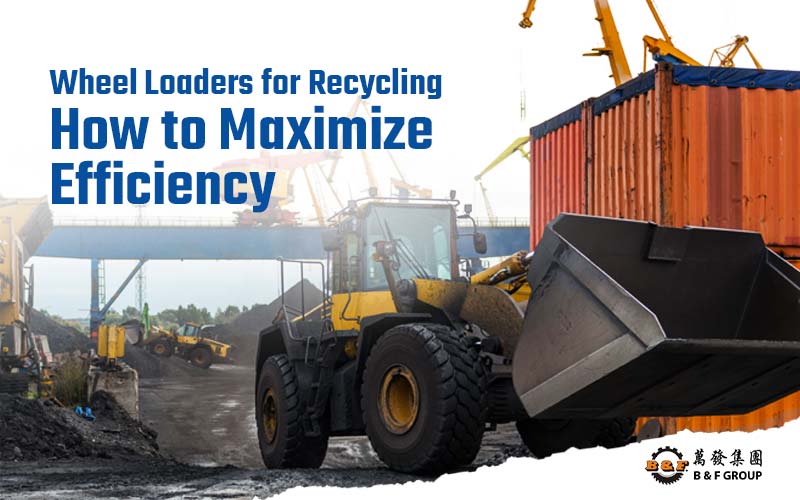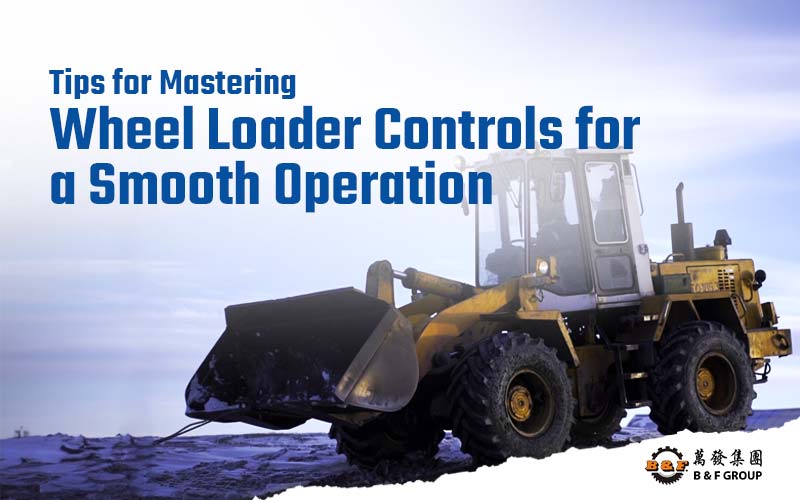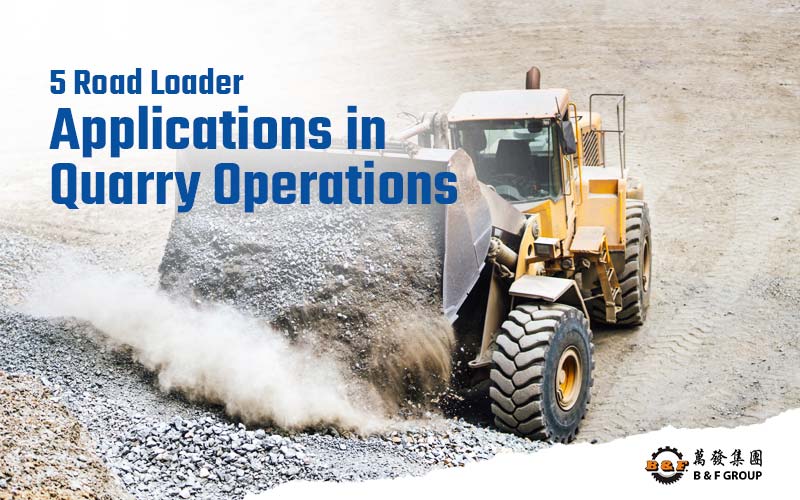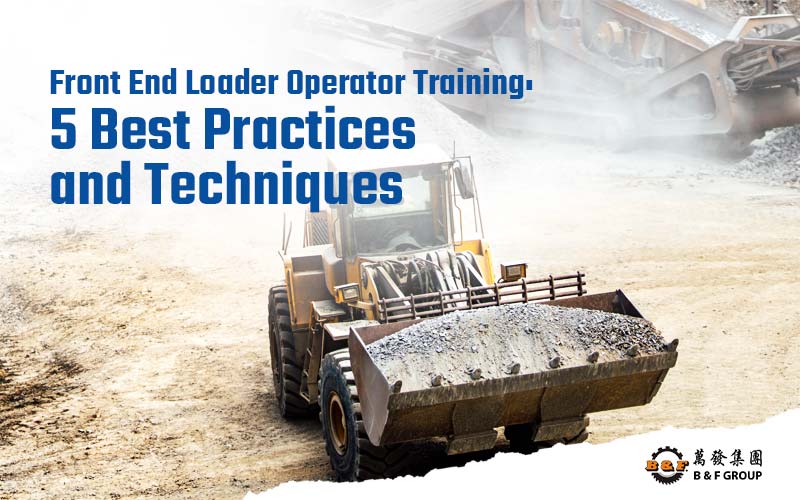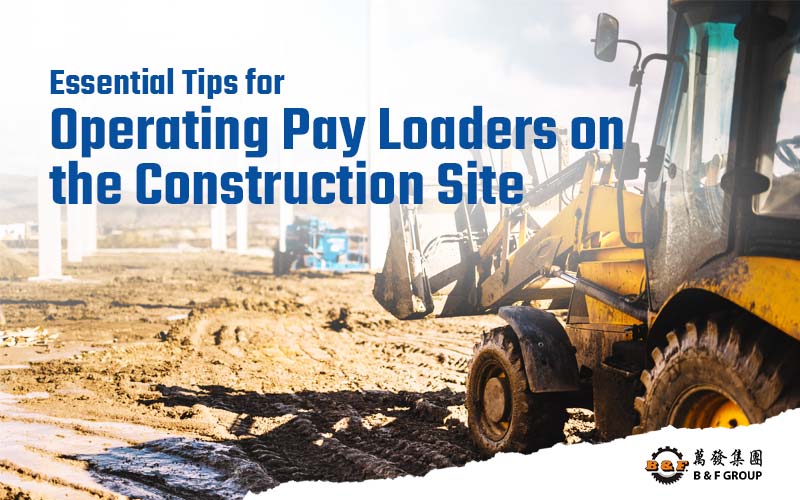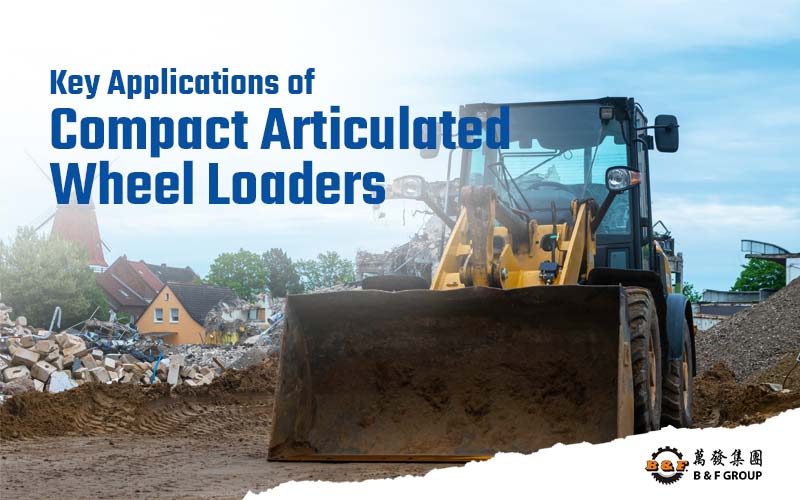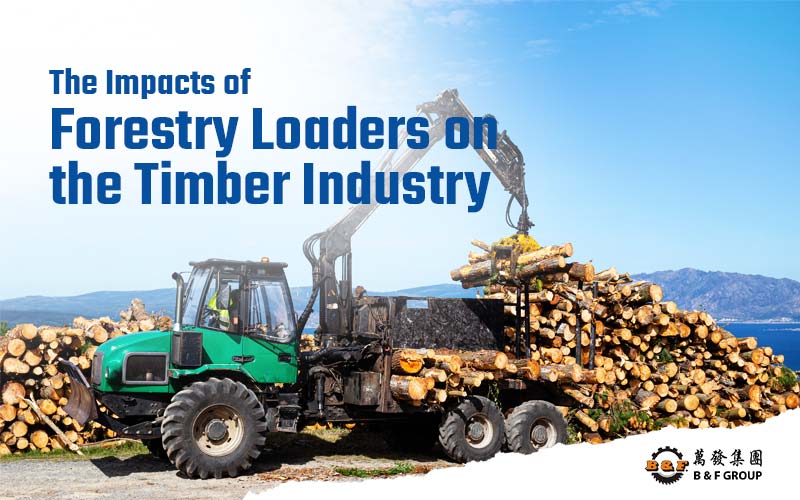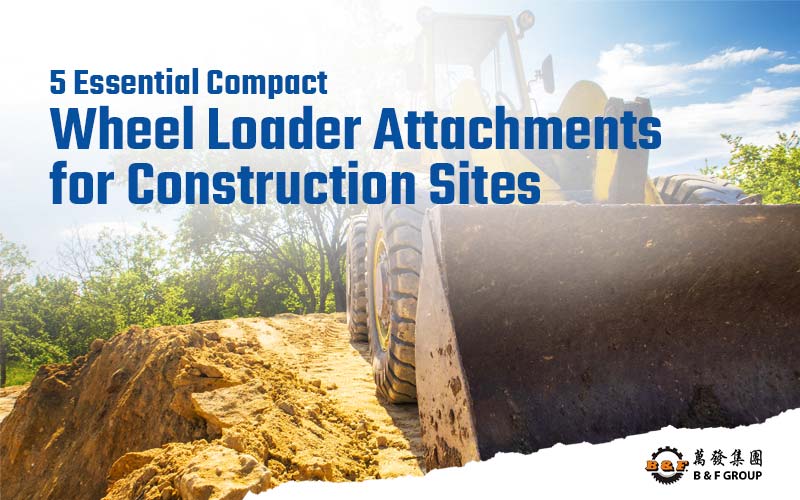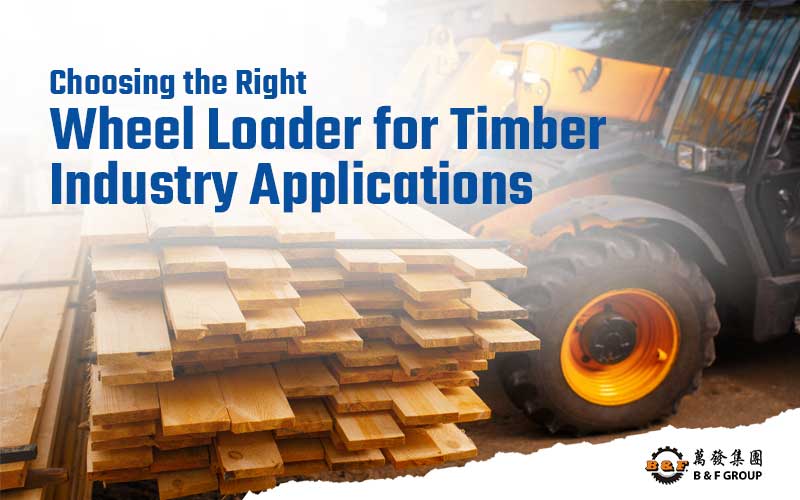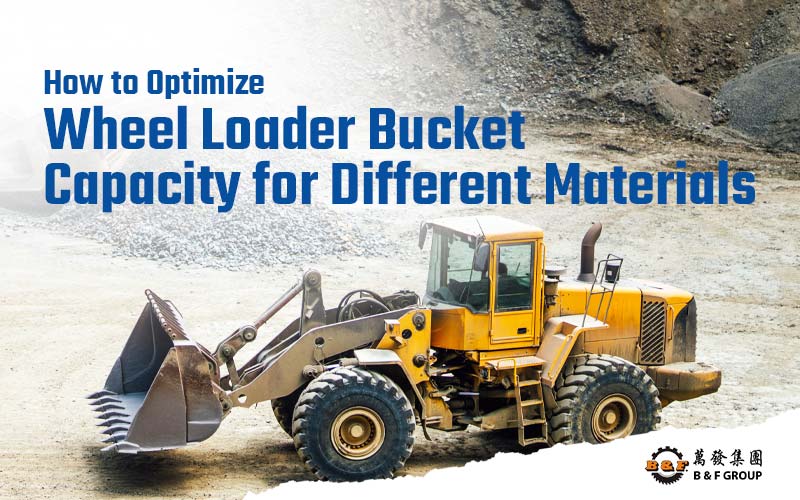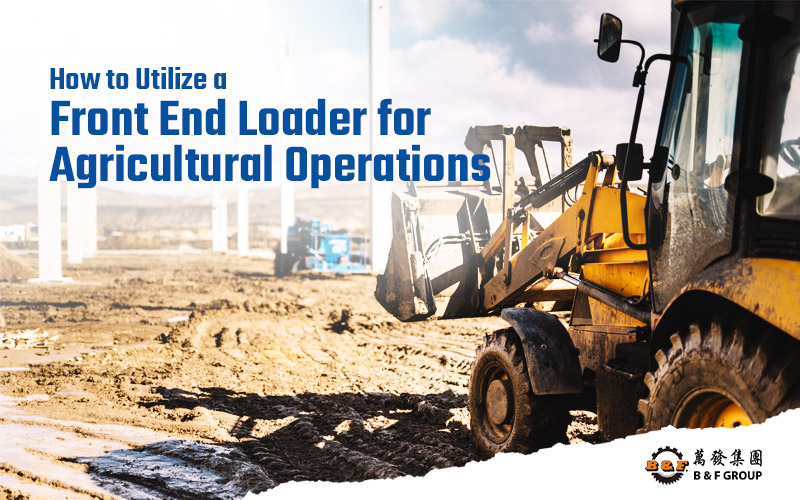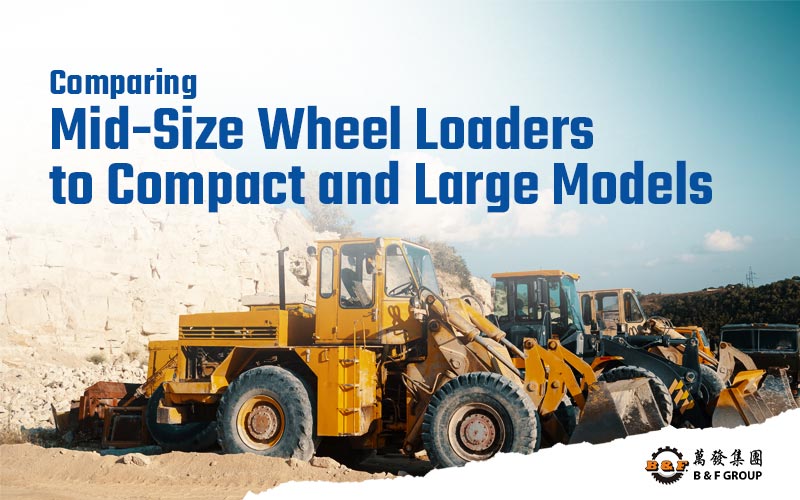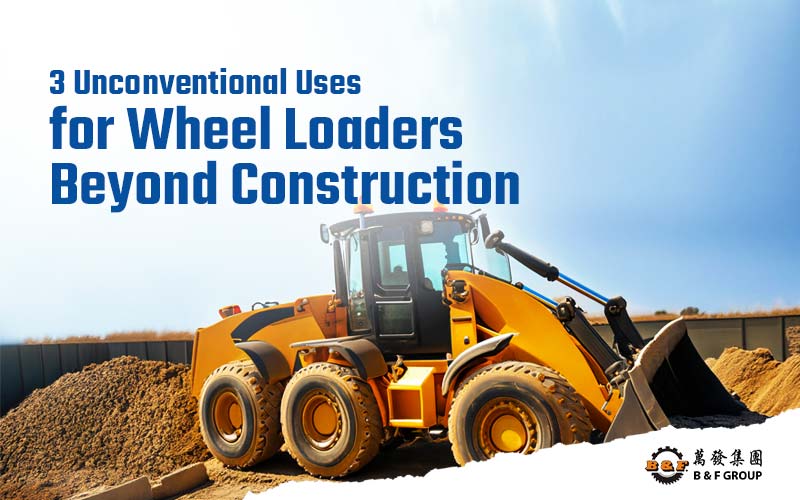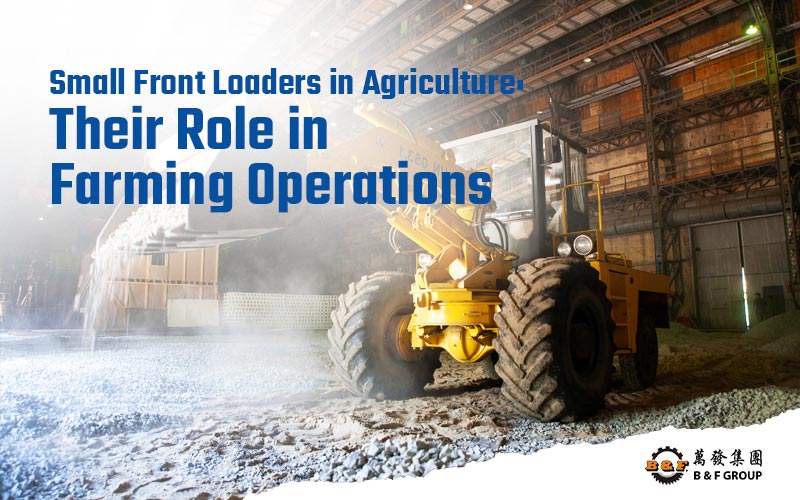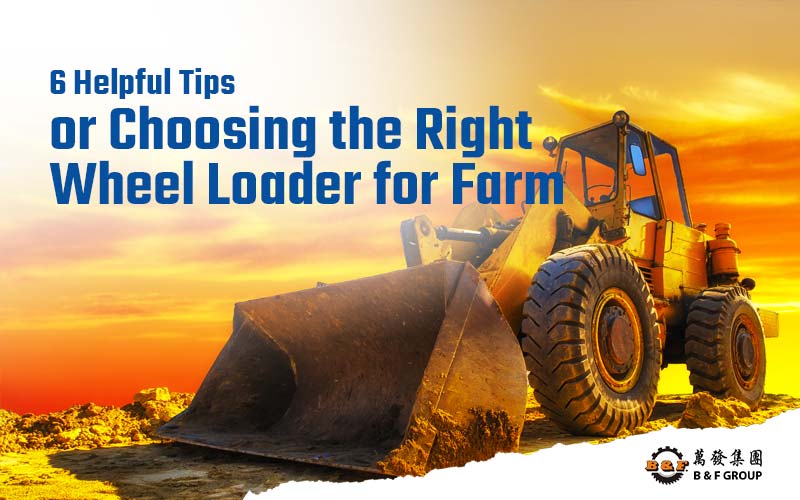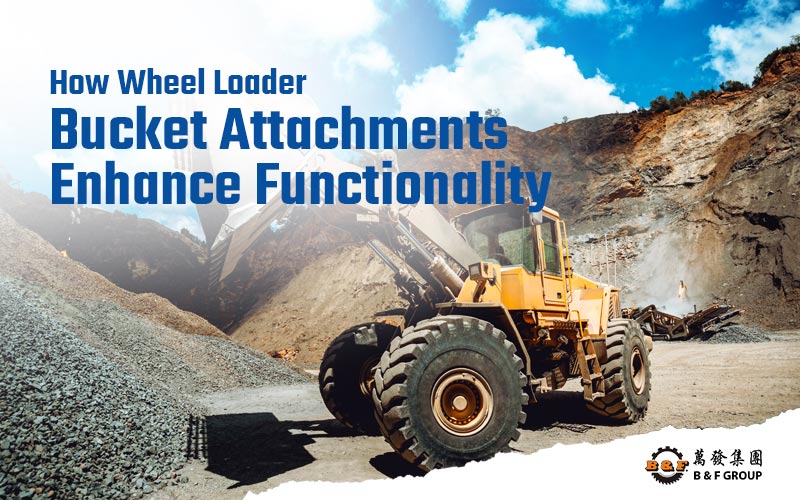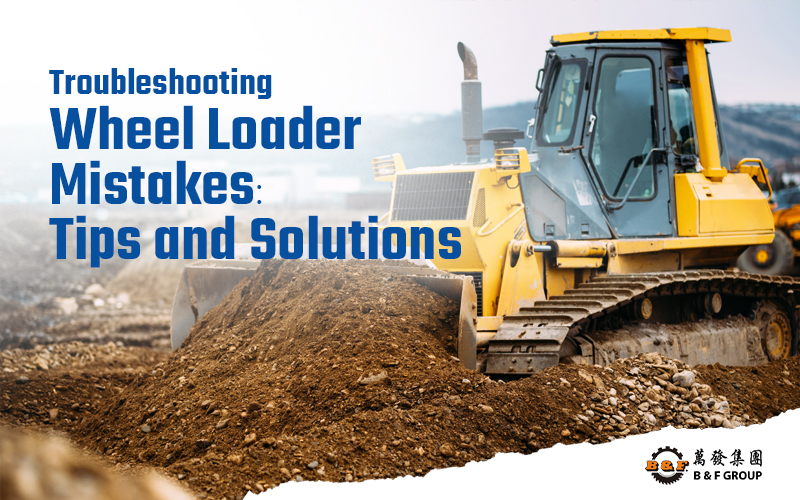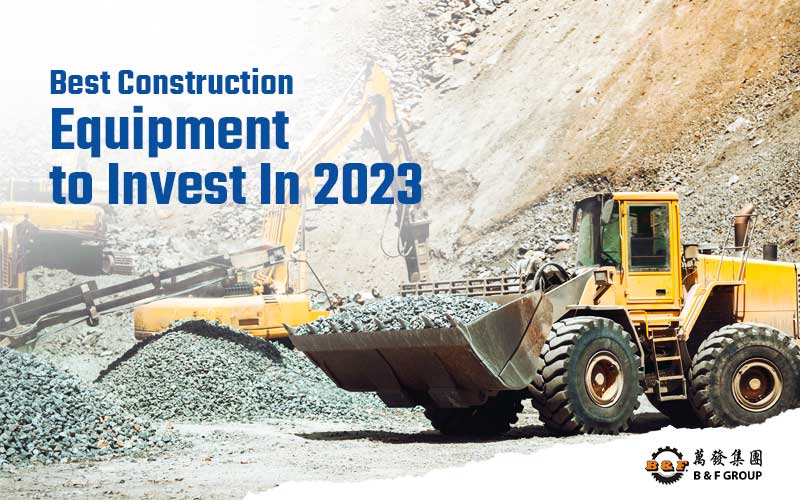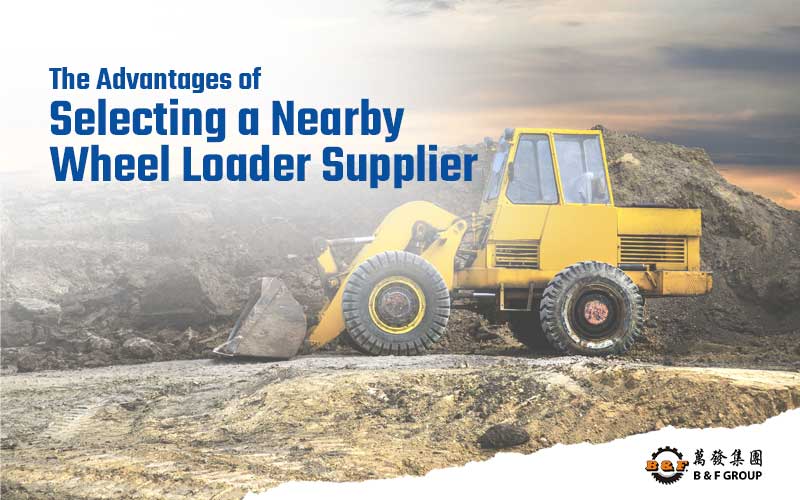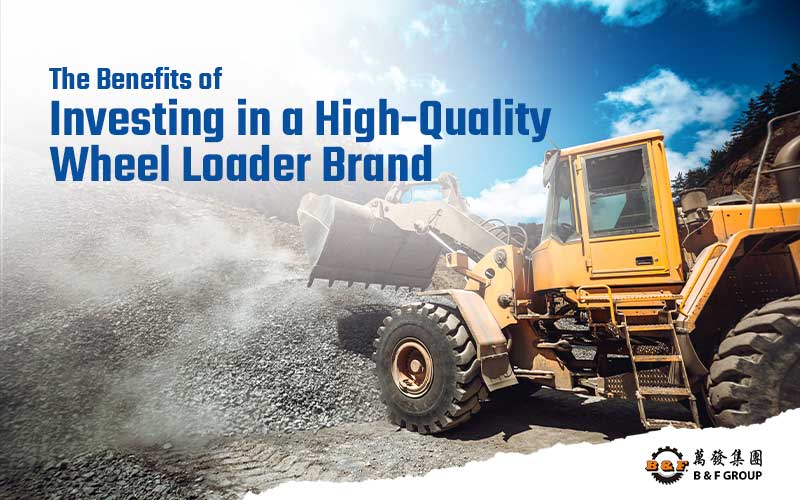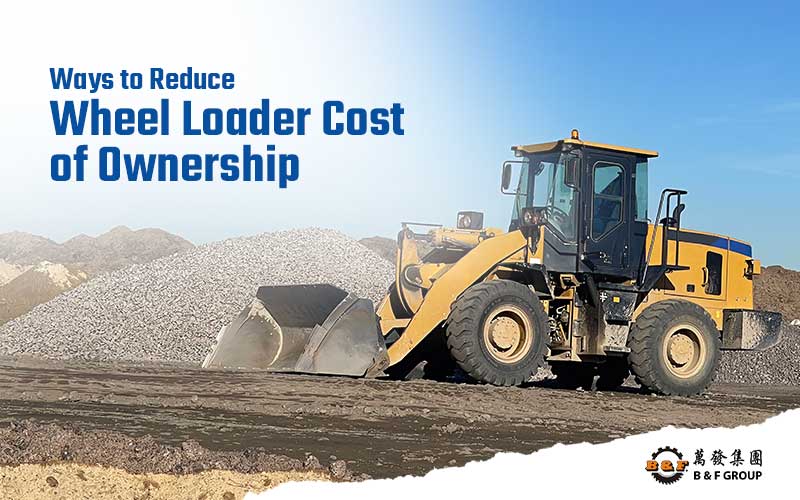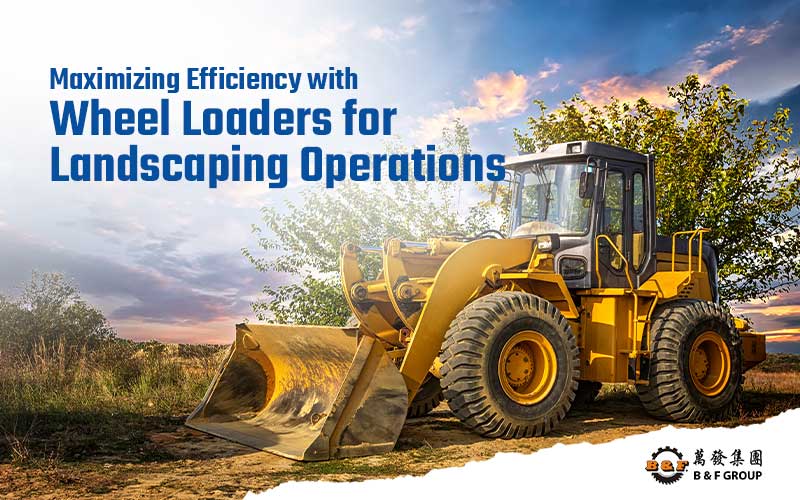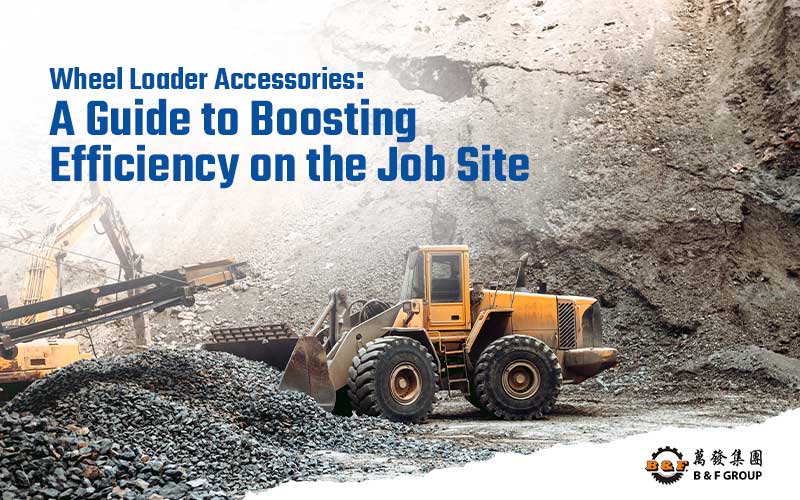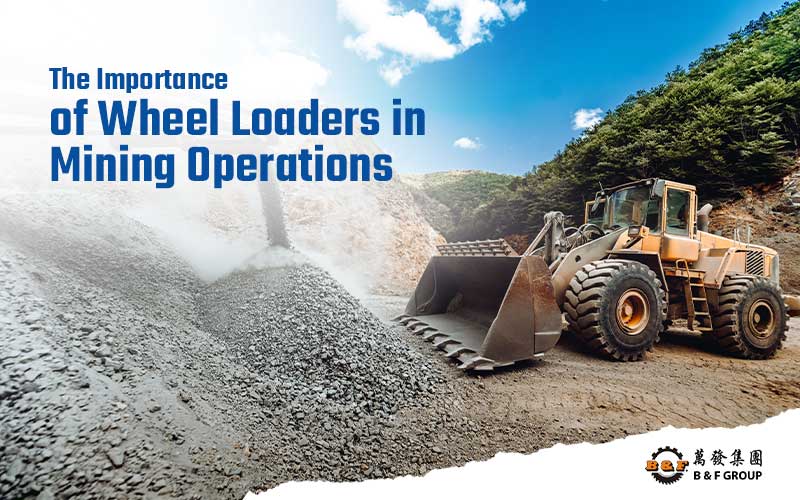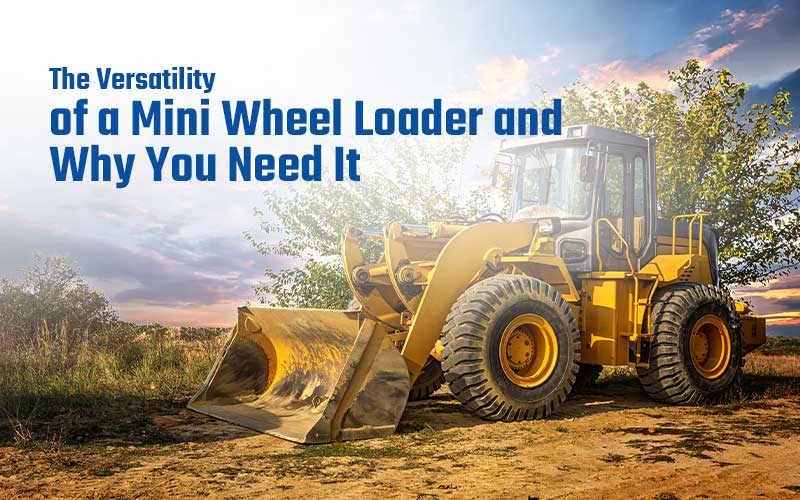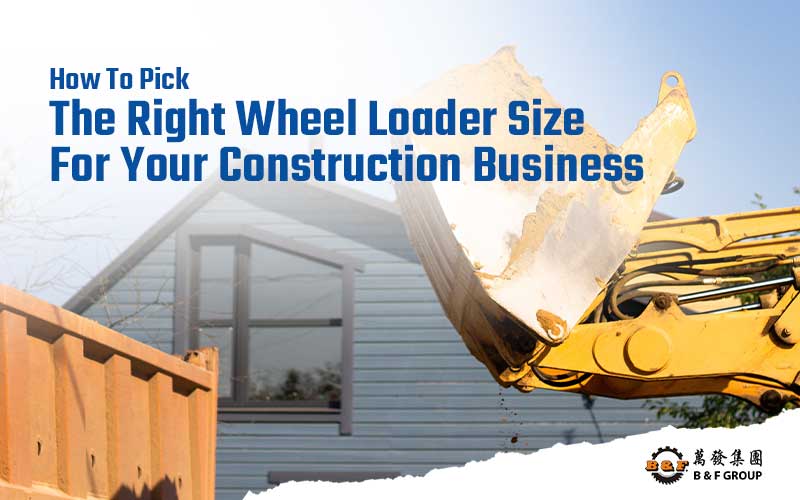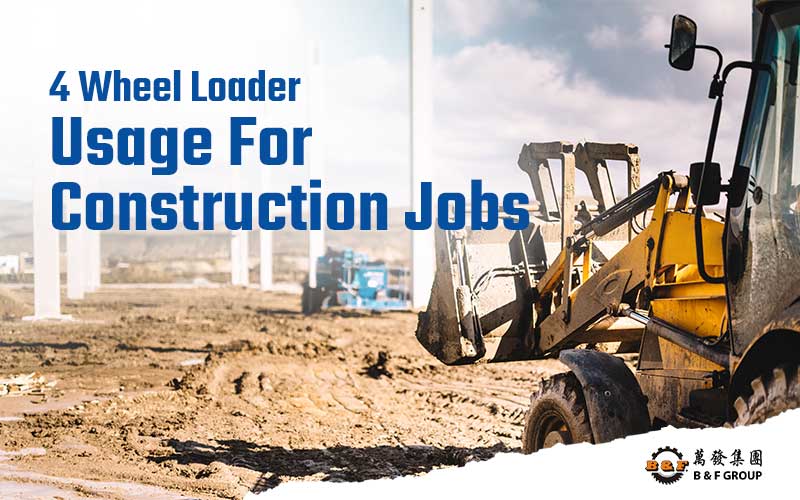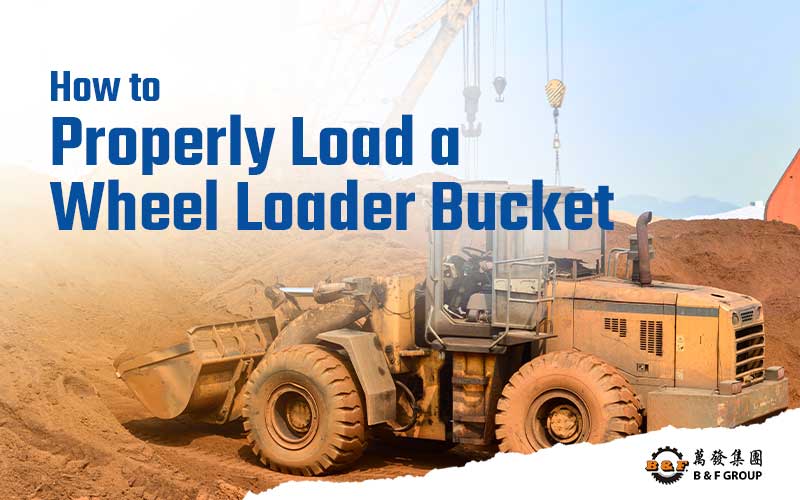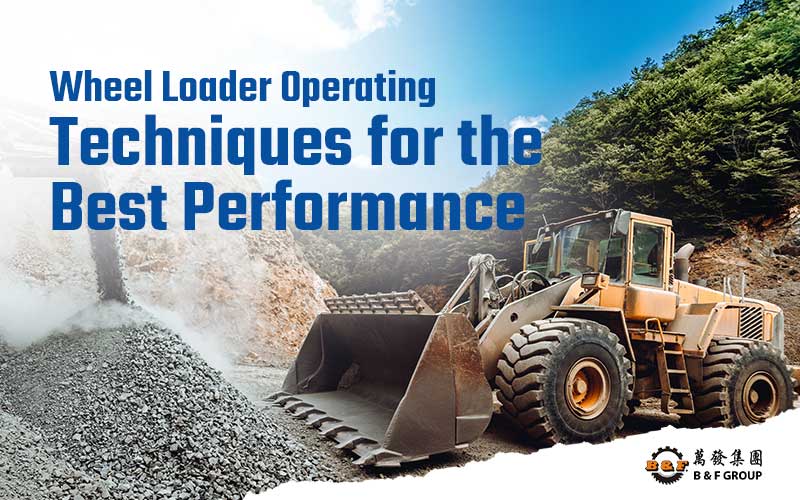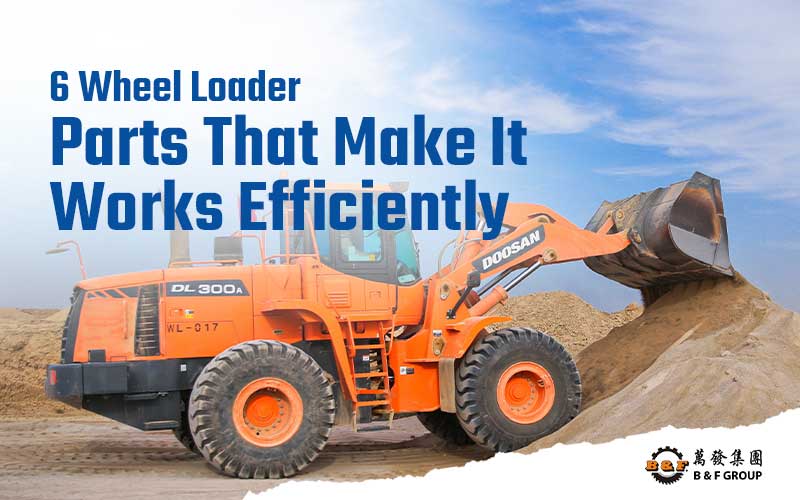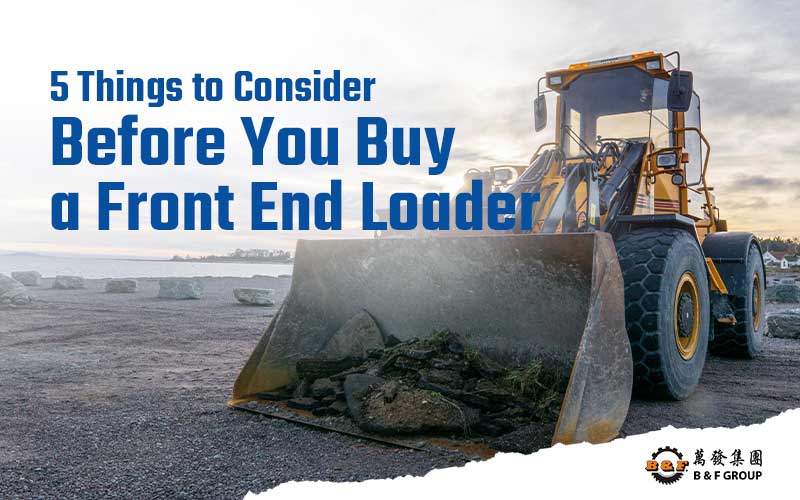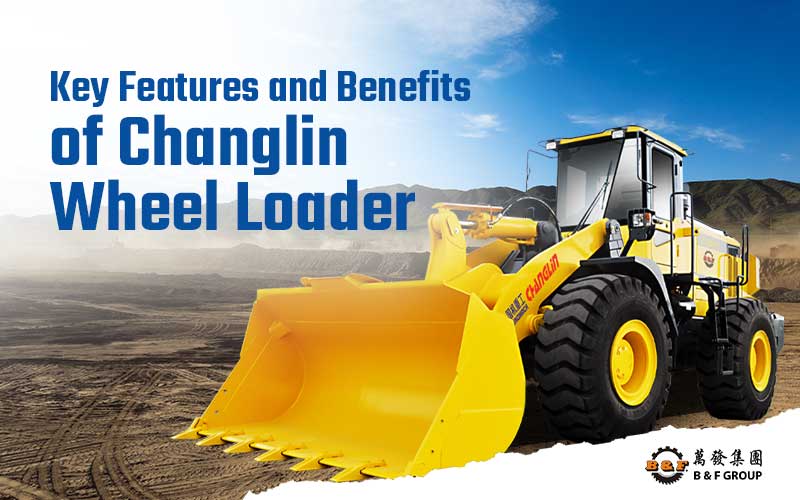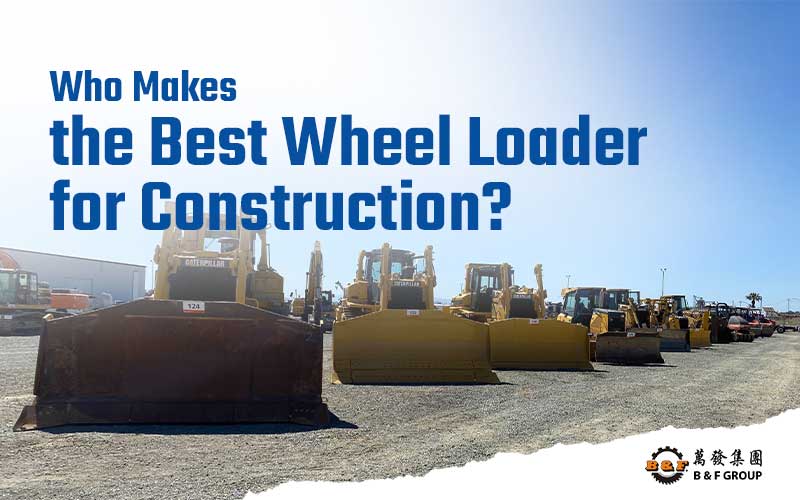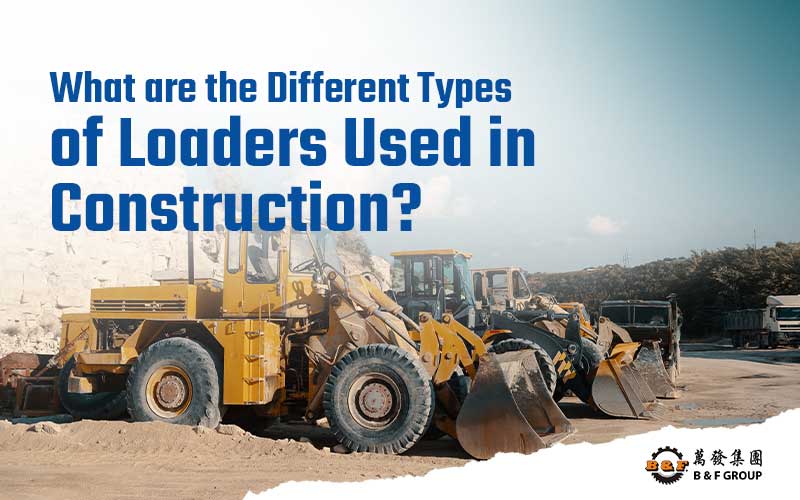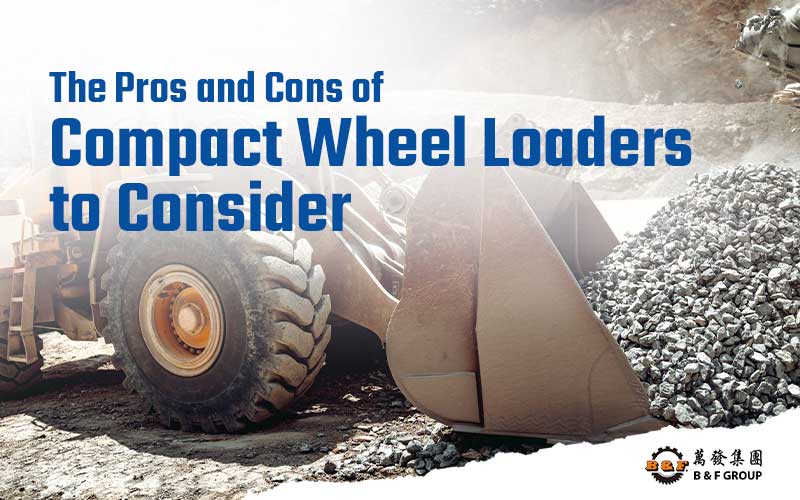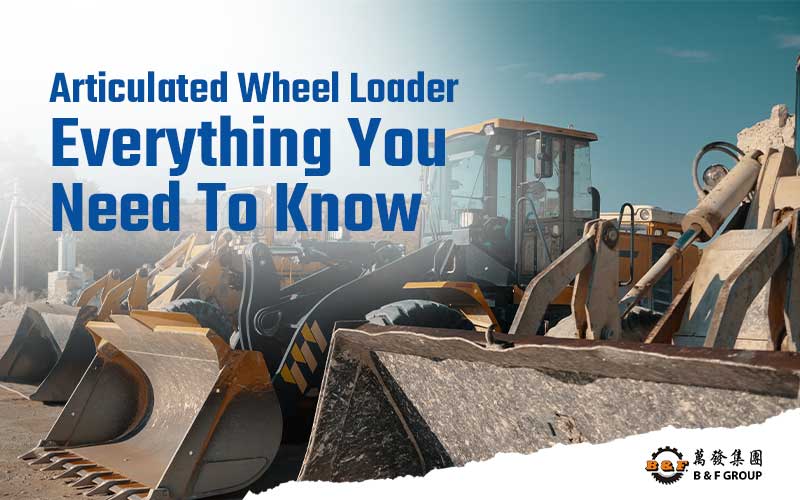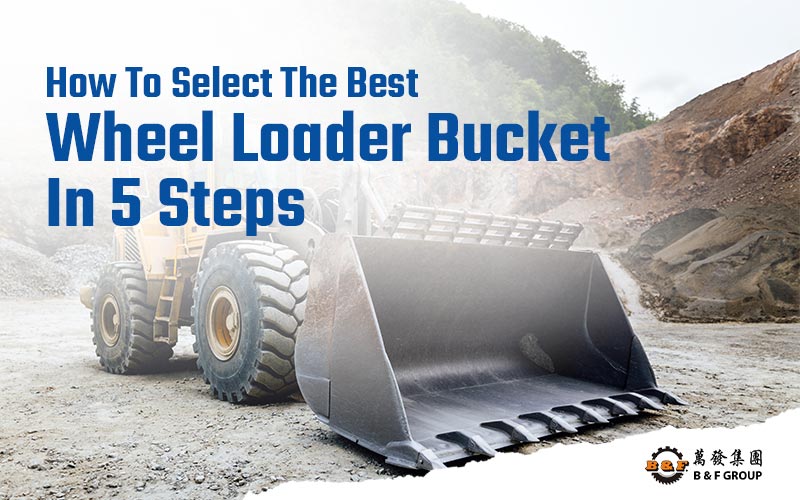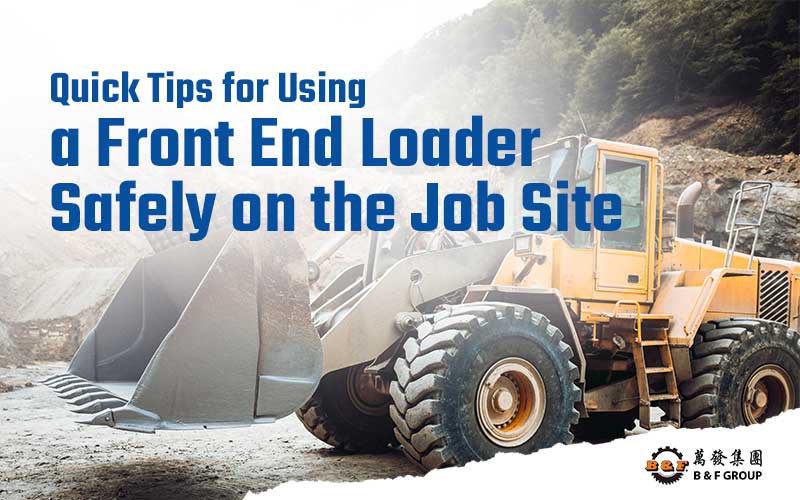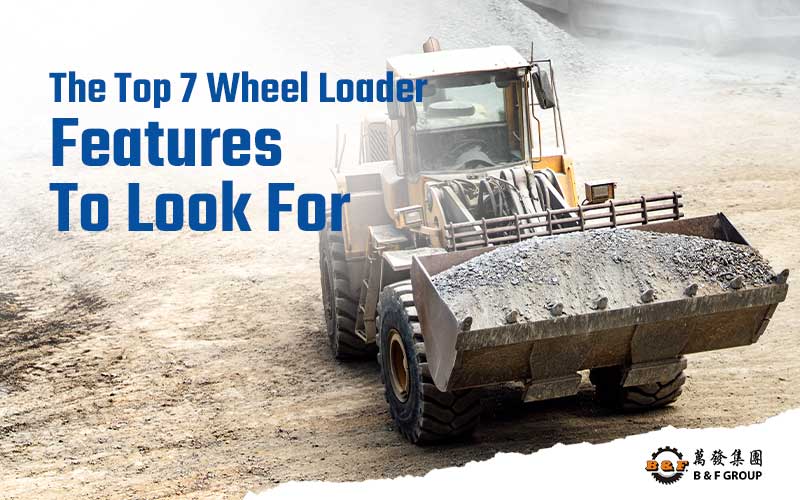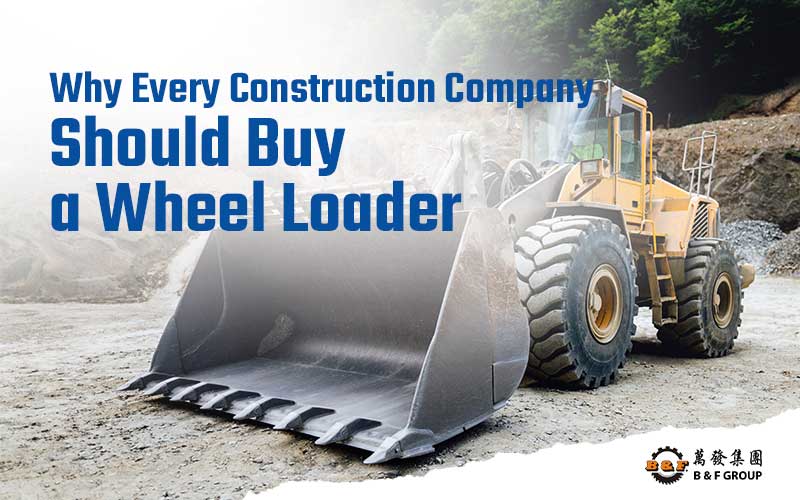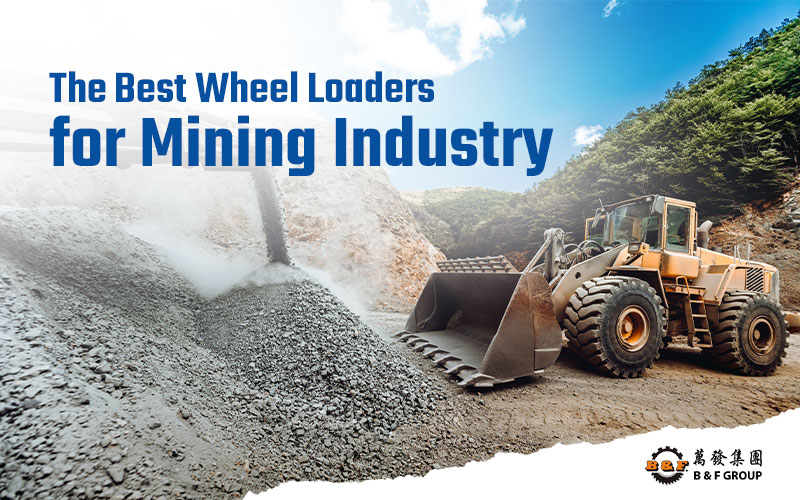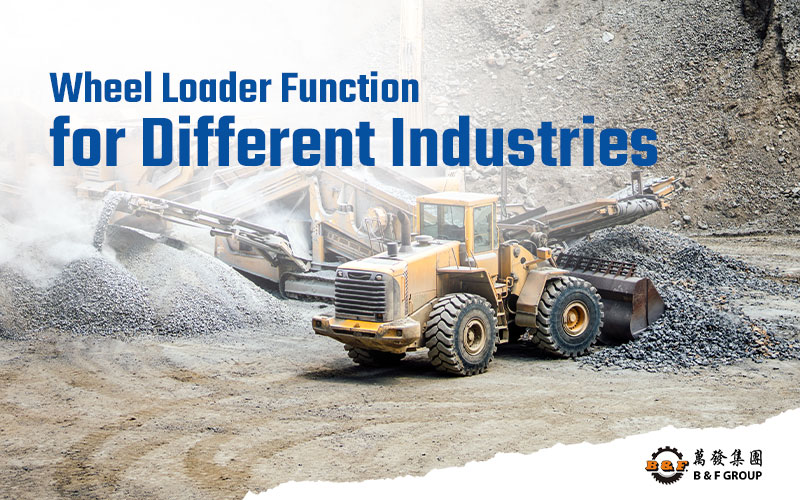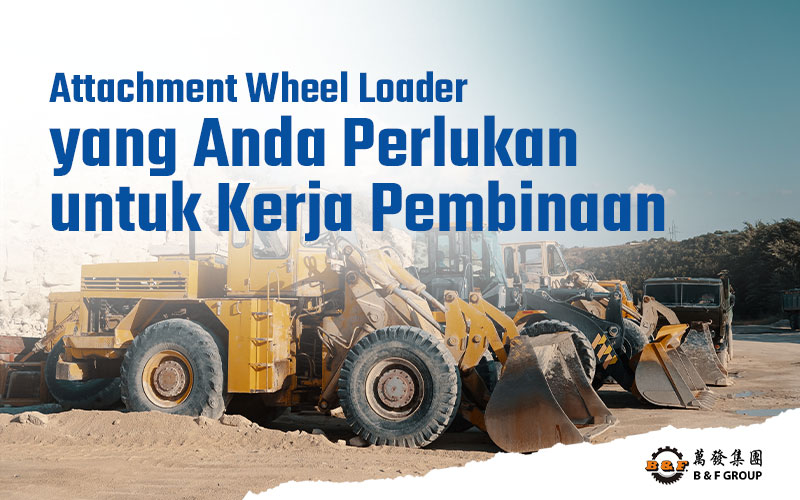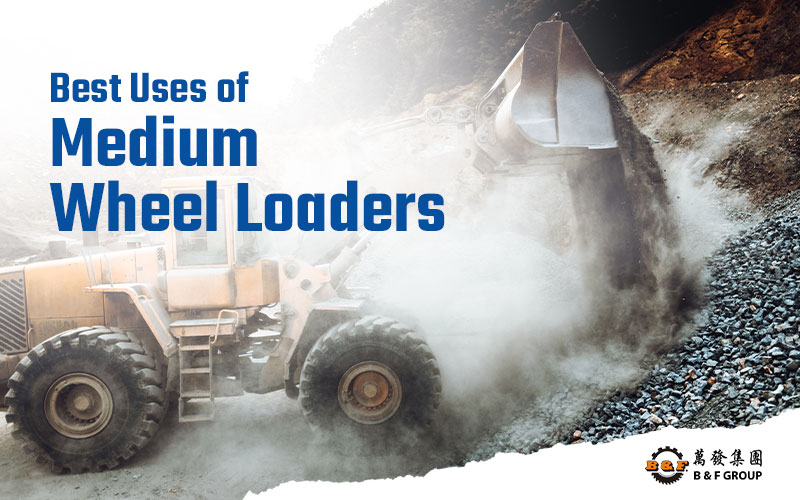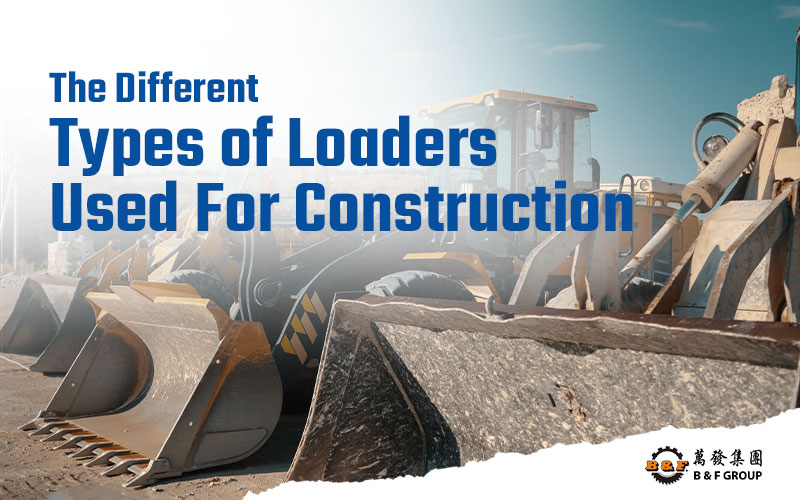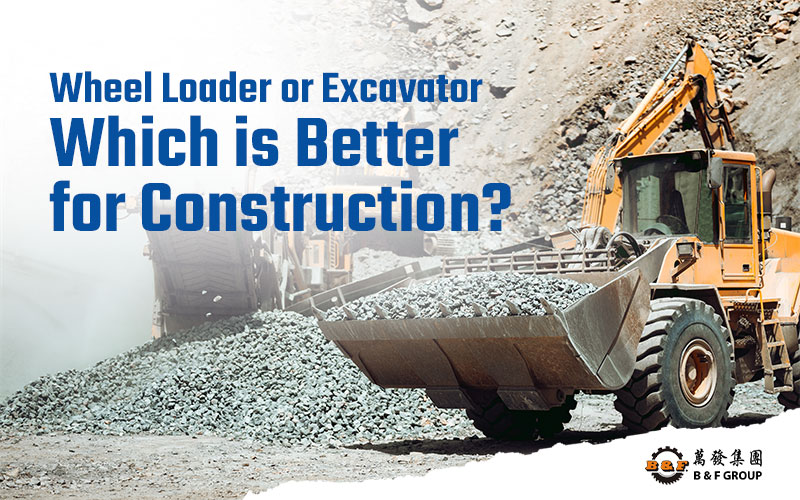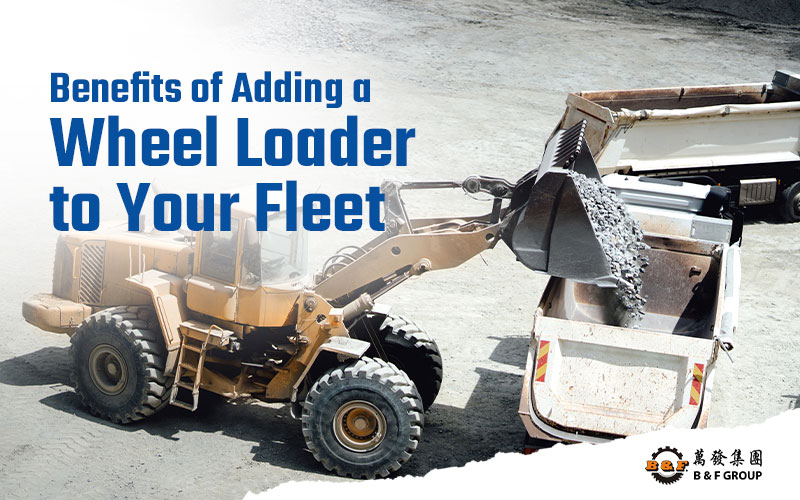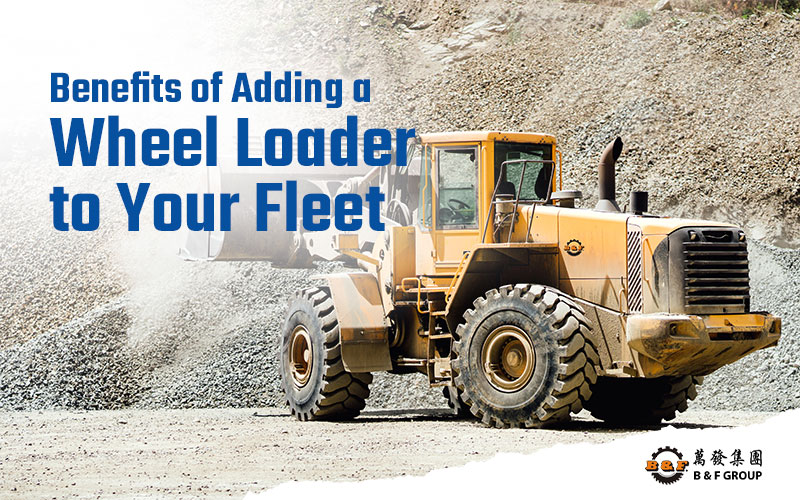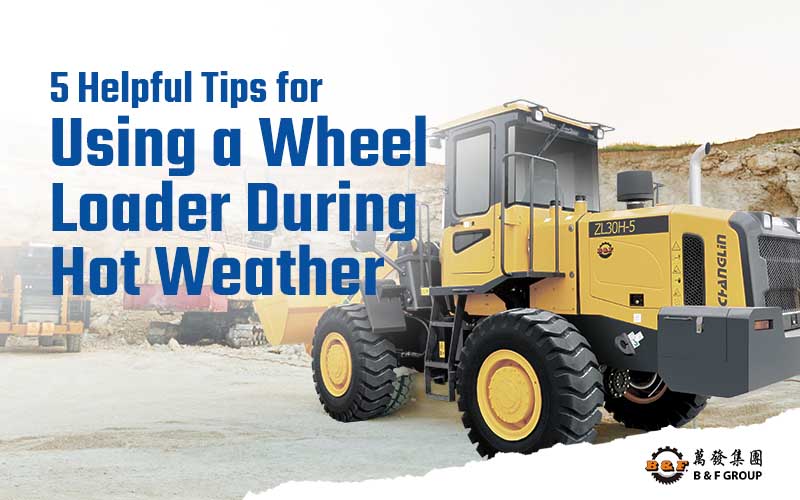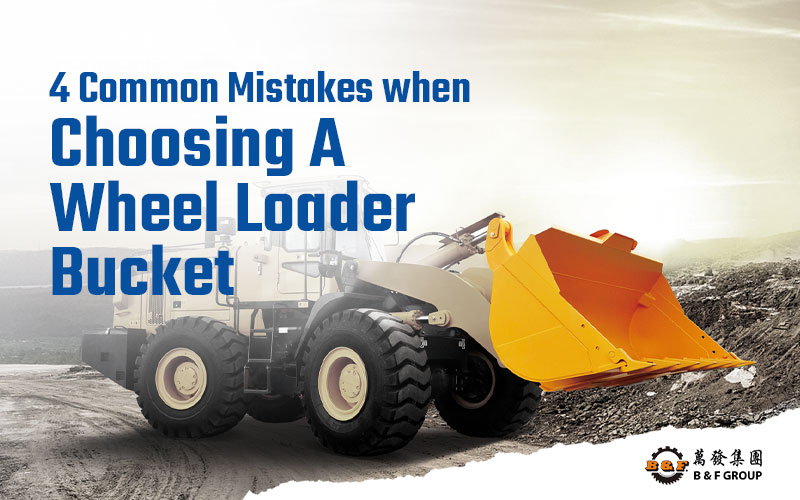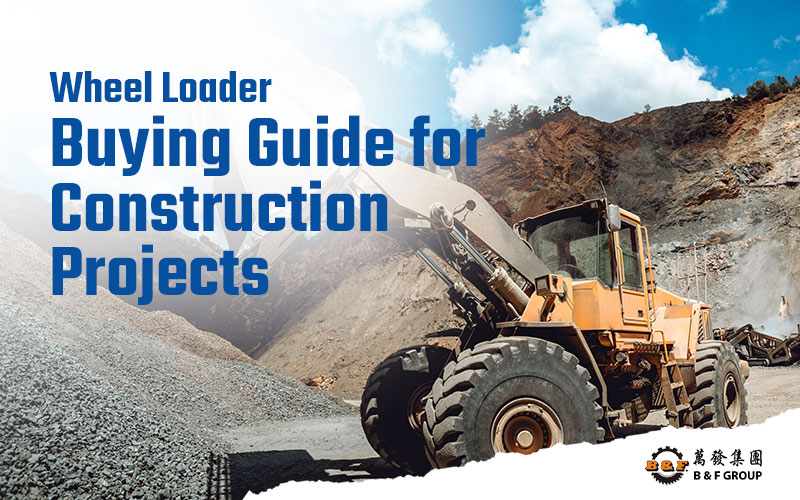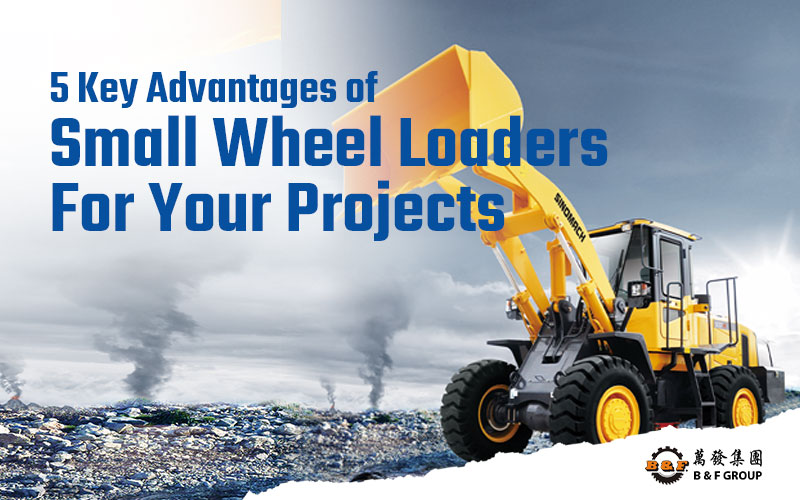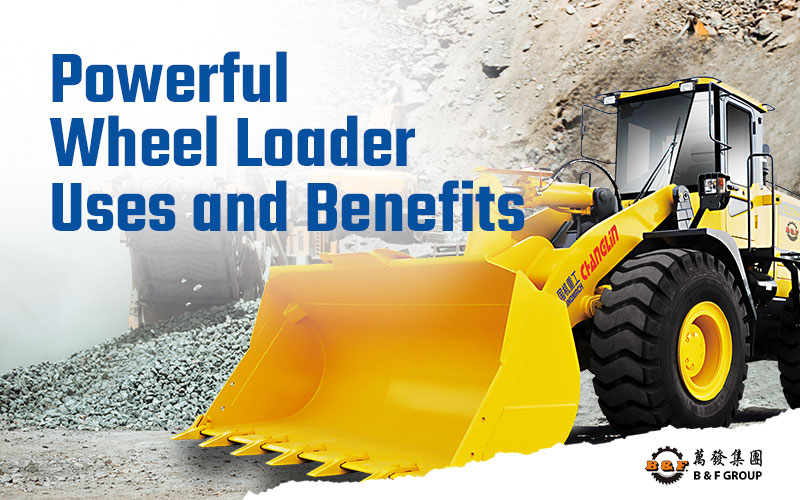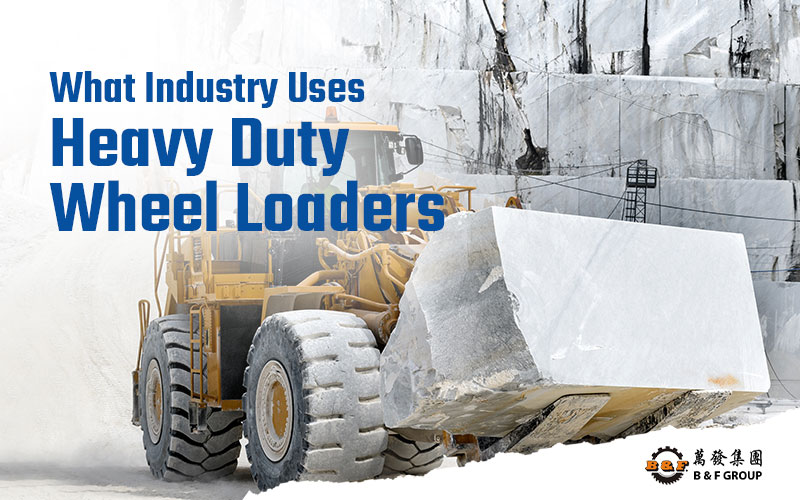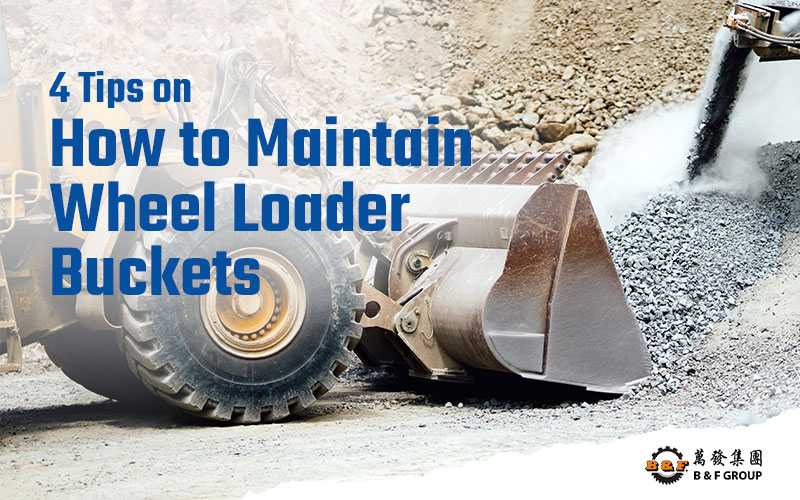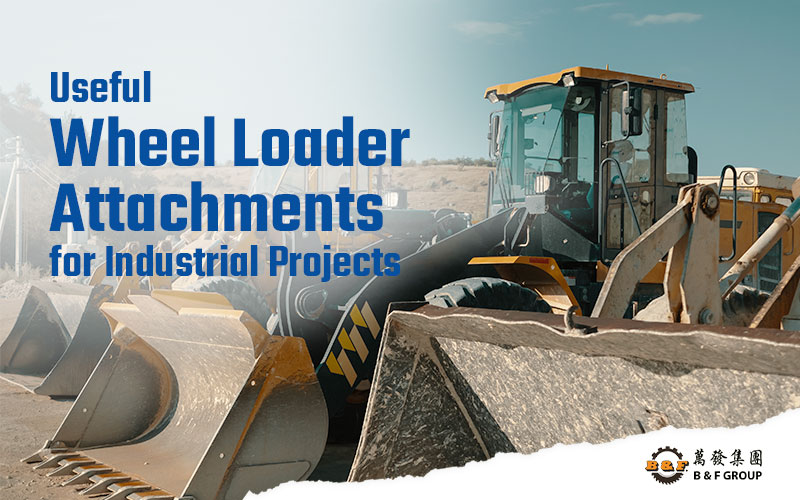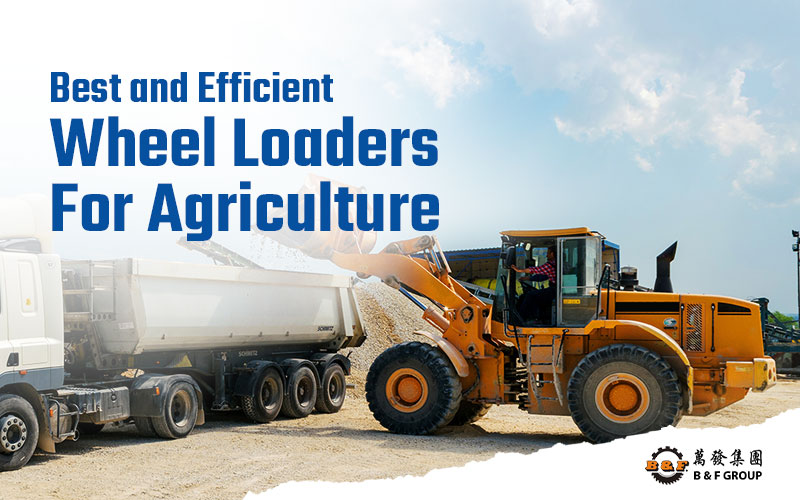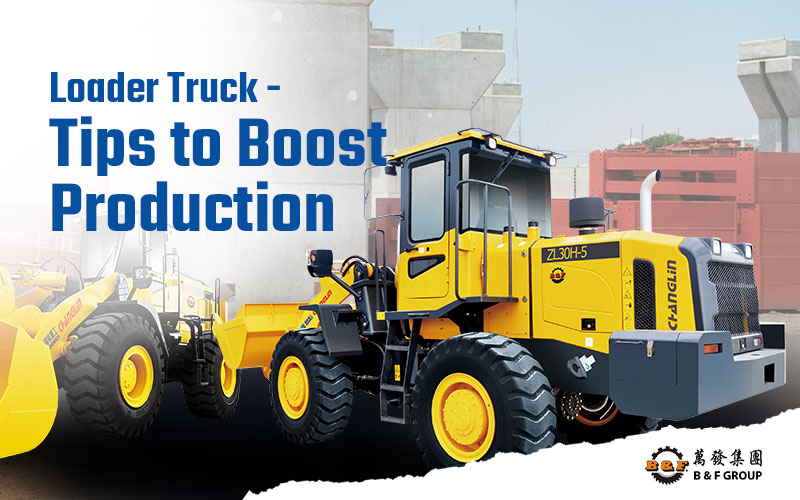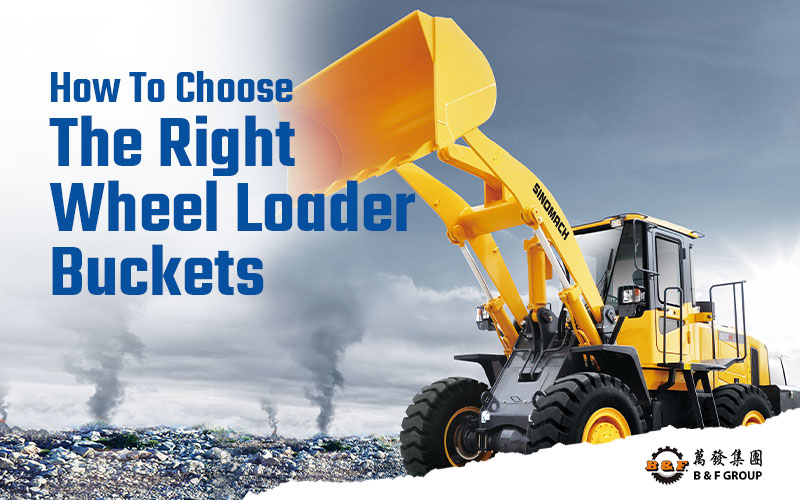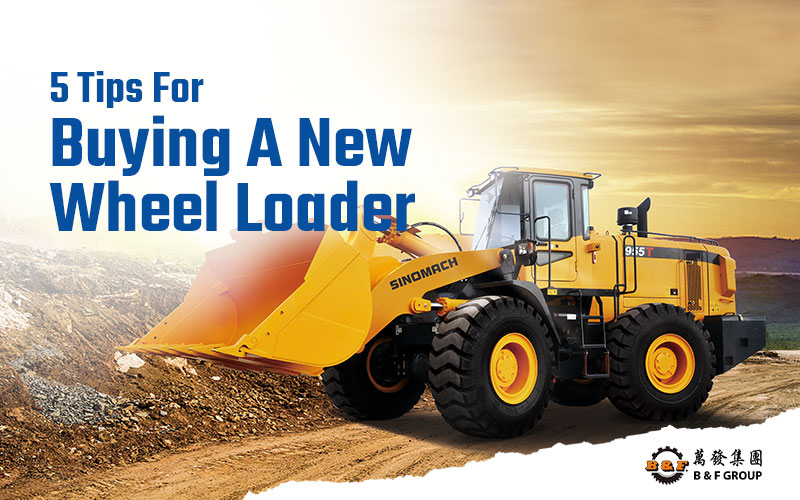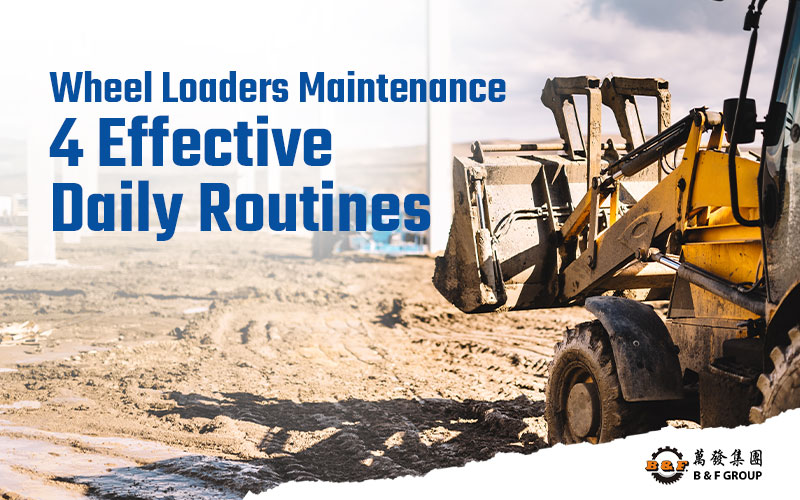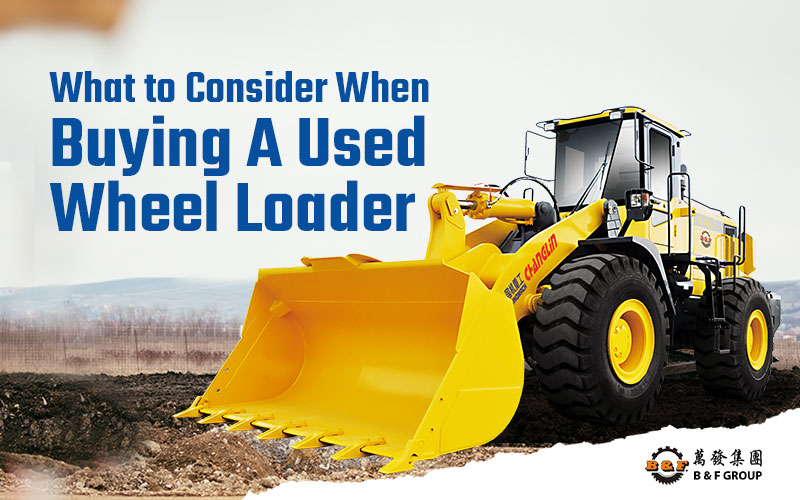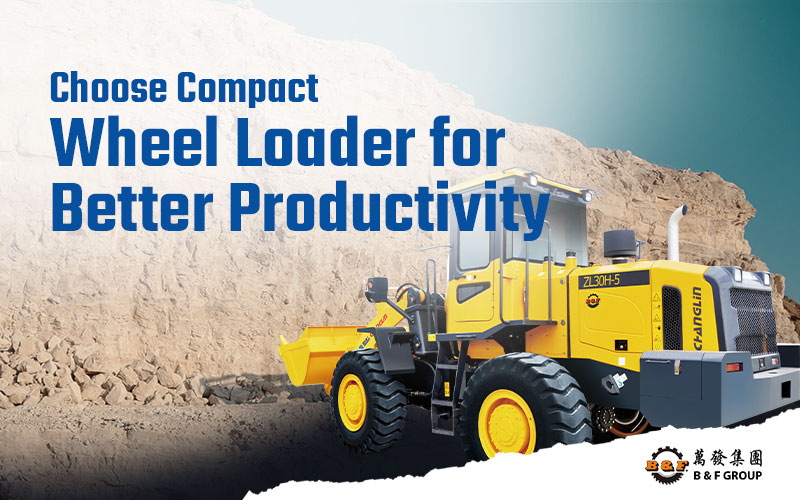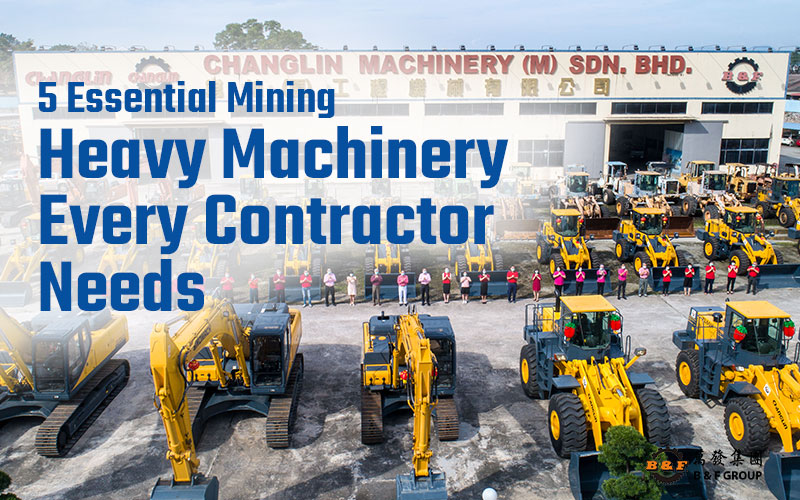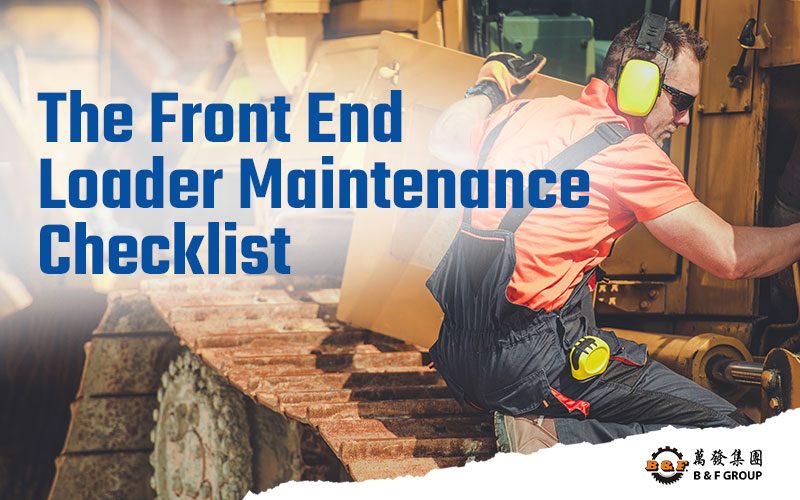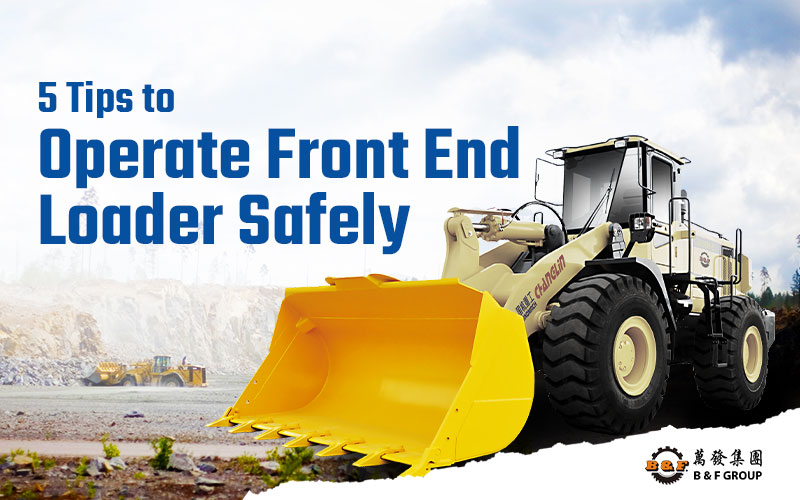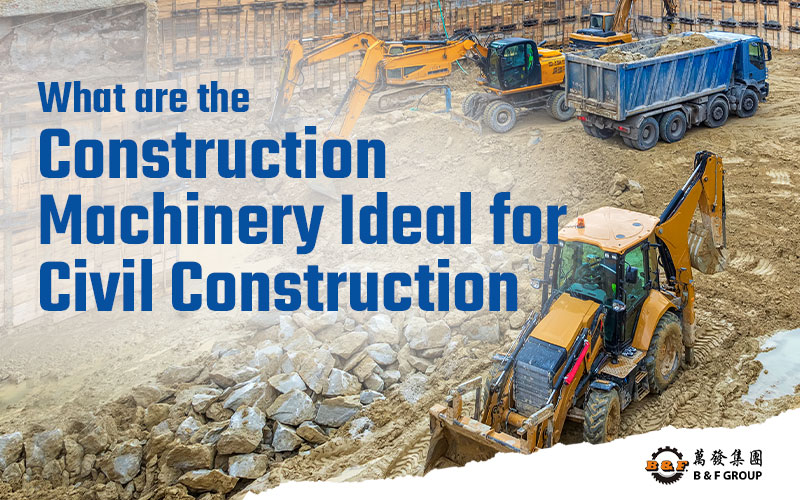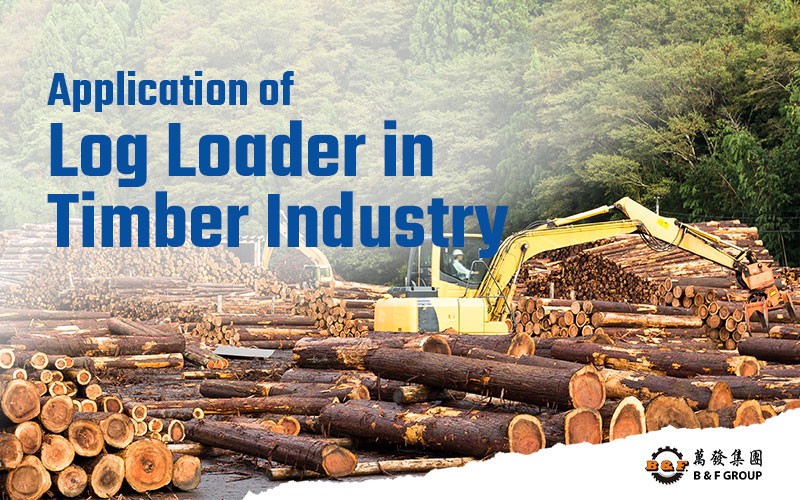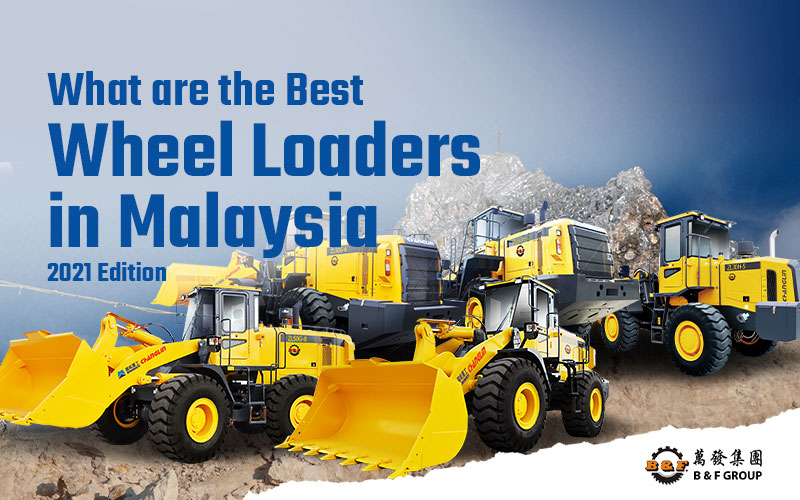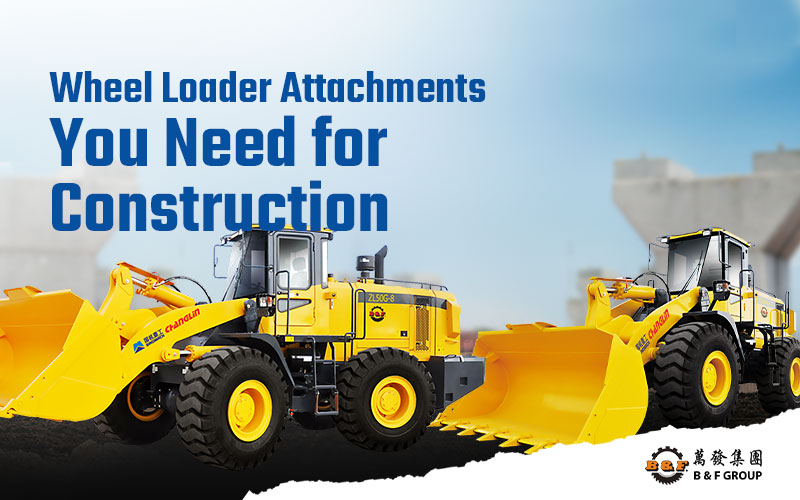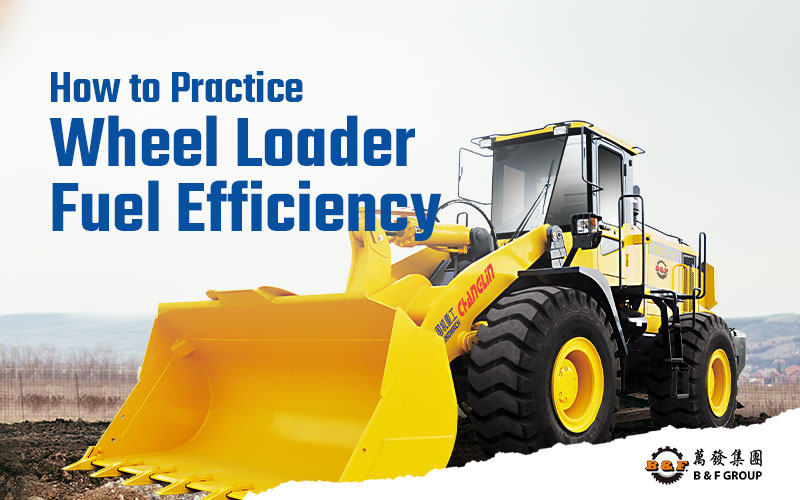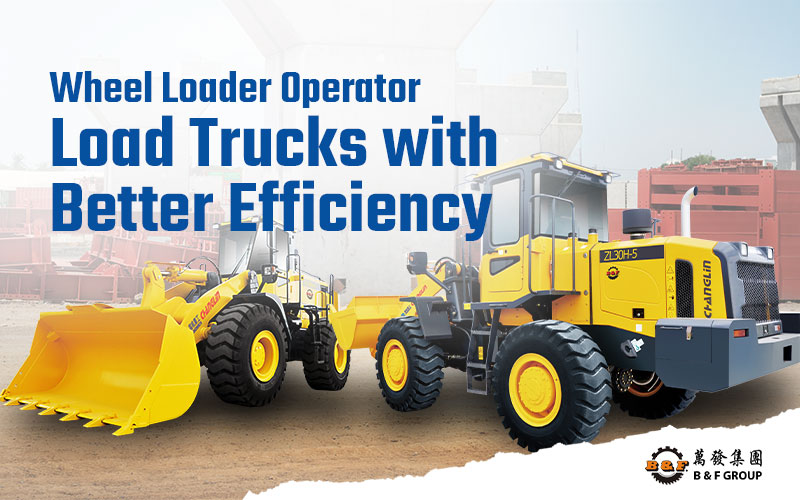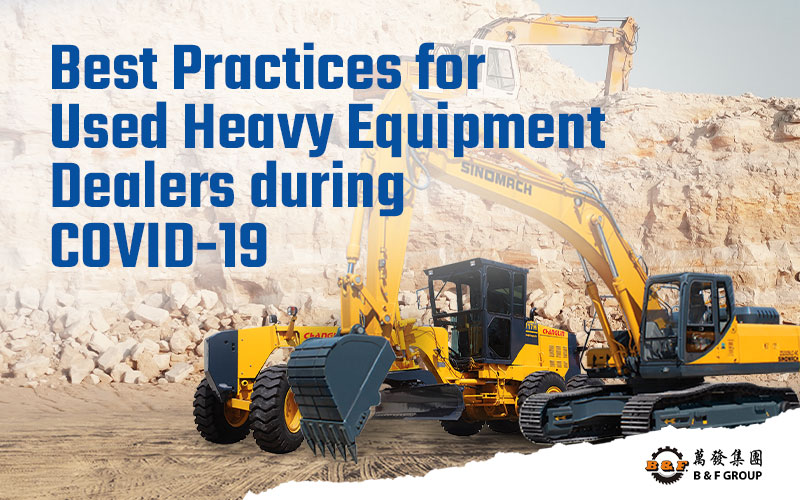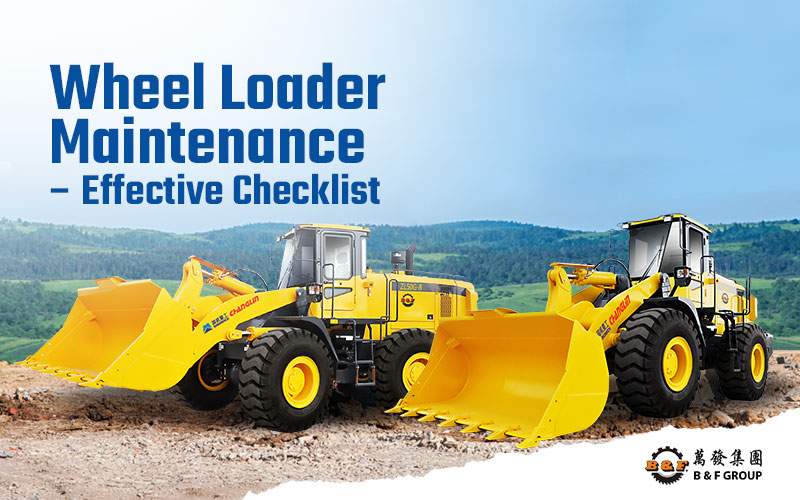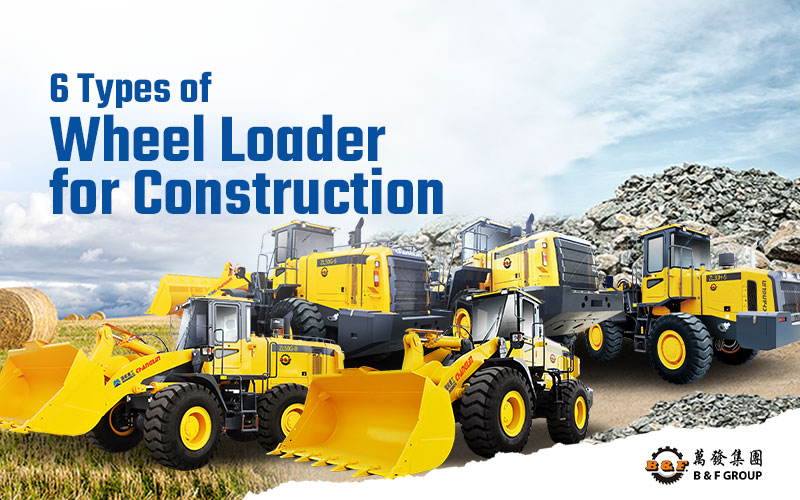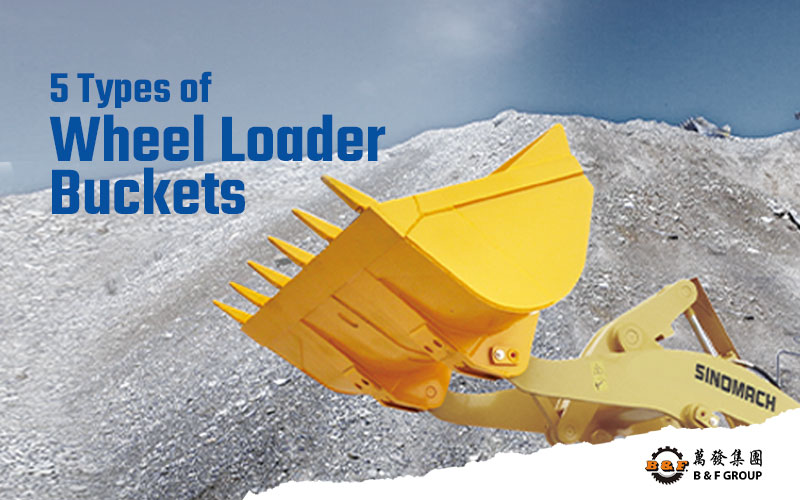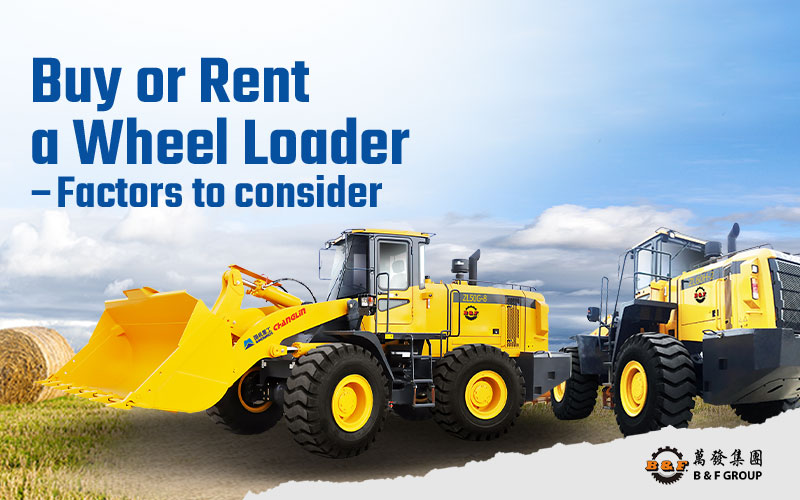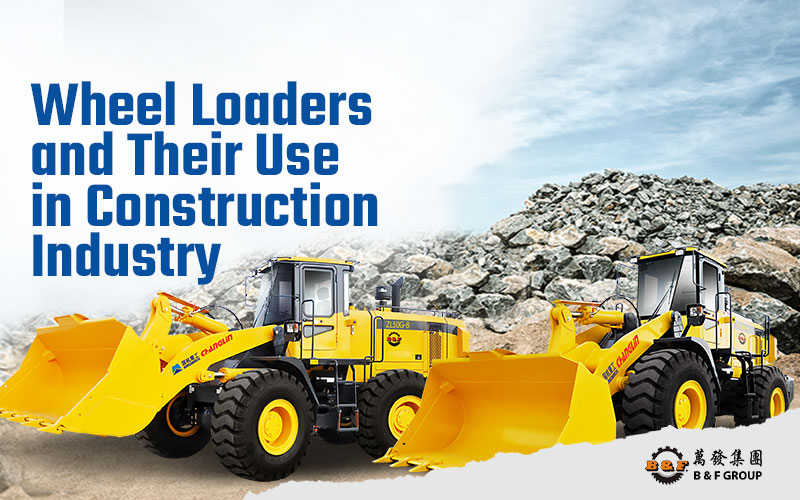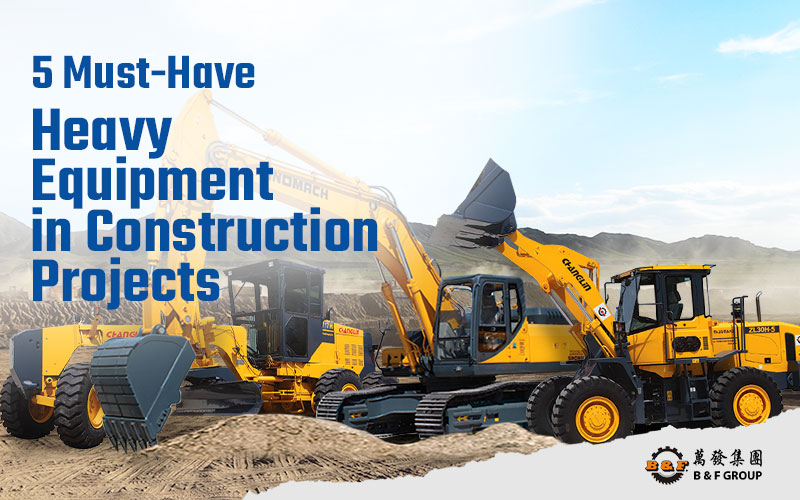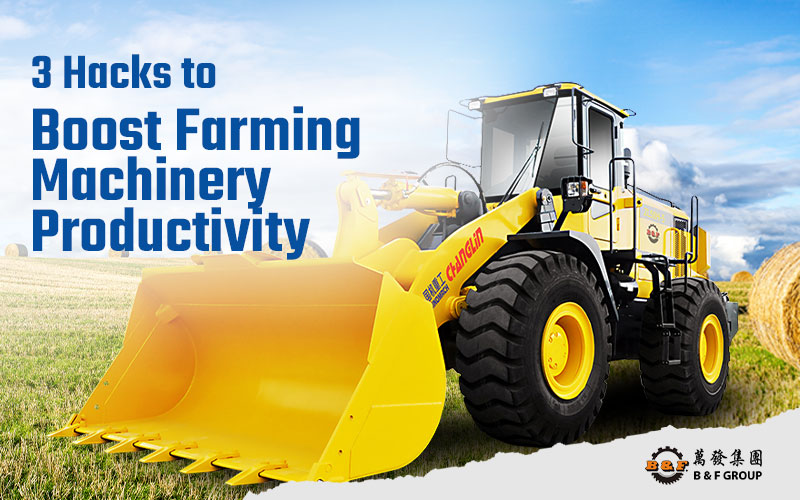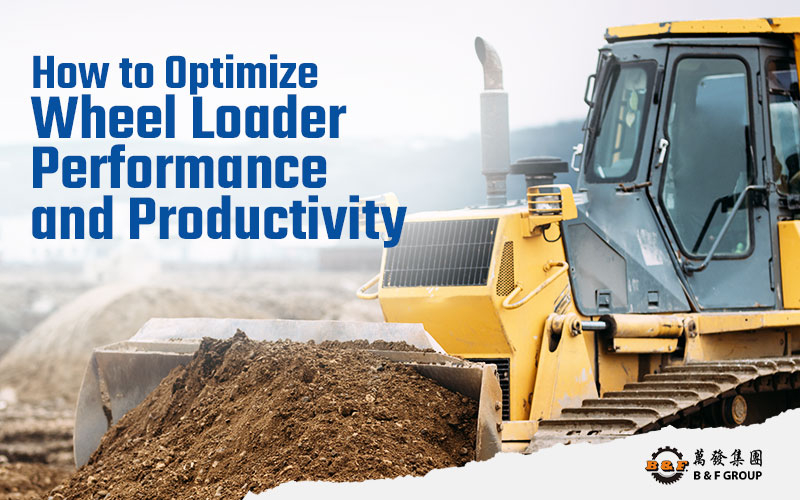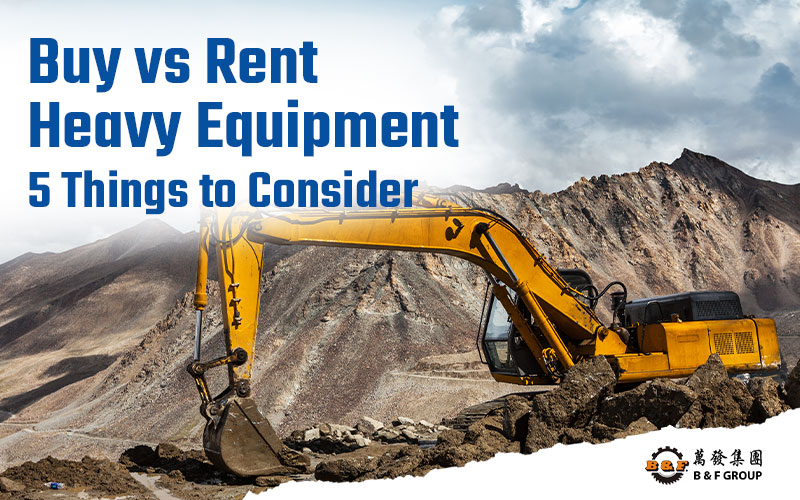
In recent years, the construction and heavy machinery industries have witnessed significant advancements in technology.
One of the most notable developments is the introduction of electric and hybrid wheel loaders.
These innovative machines are revolutionizing the industry, offering numerous benefits over traditional diesel-powered loaders.
This blog explores the impact of electric and hybrid wheel loaders on the industry, highlighting their advantages, challenges, and future prospects.

The Rise of Electric and Hybrid Wheel Loaders
Firstly, the push towards sustainability and environmental responsibility has been a primary driver behind the development of electric and hybrid wheel loaders.
As construction companies and governments strive to reduce carbon footprints and meet stringent emissions regulations, the demand for eco-friendly machinery has surged.
Electric and hybrid ones, with their lower emissions and reduced reliance on
fossil fuels, have emerged as viable solutions to these environmental challenges.
Moreover, the advancement in battery technology has played a crucial role in the rise of electric wheel loaders.
Modern batteries are more efficient, providing longer operational hours and faster charging times.
This development has made electric wheel loaders more practical for heavy-duty applications, further boosting their adoption in the industry.

Benefits of Electric and Hybrid Wheel Loaders
Transitioning to electric and hybrid wheel loaders offers several key benefits.
For starters, these machines produce significantly fewer emissions compared to their diesel counterparts.
This reduction in greenhouse gas emissions helps construction companies comply with environmental regulations and improve their sustainability credentials.
Additionally, electric and hybrid wheel loaders are quieter during operation.
The reduced noise pollution is particularly beneficial in urban construction sites and residential areas where noise restrictions are in place.
This feature not only enhances the working environment for operators but also minimizes disruption to nearby communities.
Another significant advantage is the potential for cost savings.
Although the initial investment for electric and hybrid wheel loaders can be higher, the long-term operational costs are generally lower.
Electric wheel loaders, for instance, have fewer moving parts than traditional loaders, resulting in reduced maintenance requirements and costs.
Furthermore, the cost of electricity is often lower than diesel fuel, leading to substantial savings over the machine’s lifetime.
B&F Wheel Loader: Leading the Charge in Innovation
In this rapidly evolving landscape, B&F Wheel Loaders stand out as a beacon of innovation and reliability.
Renowned for their cutting-edge technology and robust design, B&F Wheel Loaders offer unparalleled performance in both electric and hybrid models.
With a commitment to sustainability, B&F has integrated state-of-the-art battery systems that deliver extended operational hours and rapid charging capabilities, ensuring minimal downtime and maximum productivity.
Furthermore, their hybrid models seamlessly combine electric efficiency with the power of traditional diesel engines, providing unmatched versatility for a variety of construction applications.
Choose B&F Wheel Loaders not just for their superior engineering, but also for their dedication to reducing environmental impact and operational costs.
This makes them the ideal choice for forward-thinking construction companies aiming to lead the industry into a greener future.
Ready to elevate your construction projects with the latest in wheel loader technology?
Discover how B&F Wheel Loaders can revolutionize your operations with unmatched efficiency, power, and sustainability.
Contact us today to learn more about our innovative electric and hybrid models and find the perfect solution for your needs.
FREE Consultation on Wheel Loaders
as well as heavy machinery and construction equipments.
 In recent years, the construction and heavy machinery industries have witnessed significant advancements in technology.
One of the most notable developments is the introduction of electric and hybrid wheel loaders.
These innovative machines are revolutionizing the industry, offering numerous benefits over traditional diesel-powered loaders.
This blog explores the impact of electric and hybrid wheel loaders on the industry, highlighting their advantages, challenges, and future prospects.
In recent years, the construction and heavy machinery industries have witnessed significant advancements in technology.
One of the most notable developments is the introduction of electric and hybrid wheel loaders.
These innovative machines are revolutionizing the industry, offering numerous benefits over traditional diesel-powered loaders.
This blog explores the impact of electric and hybrid wheel loaders on the industry, highlighting their advantages, challenges, and future prospects.













